
What to do after a death
A practical guide for Muslims
.
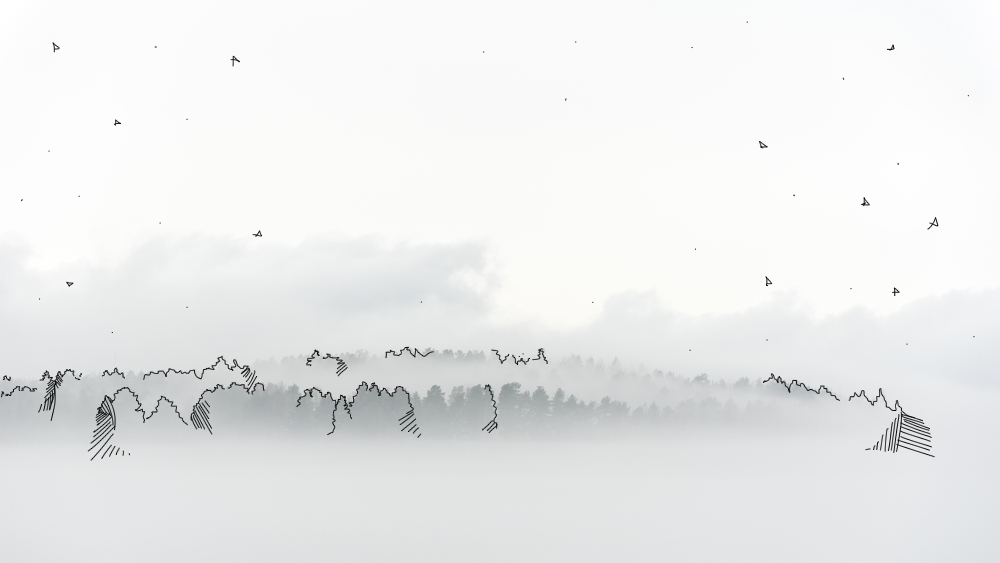
"Verily, we belong to Allah & to Him we will return"
Surat Al-Baqarah: 156

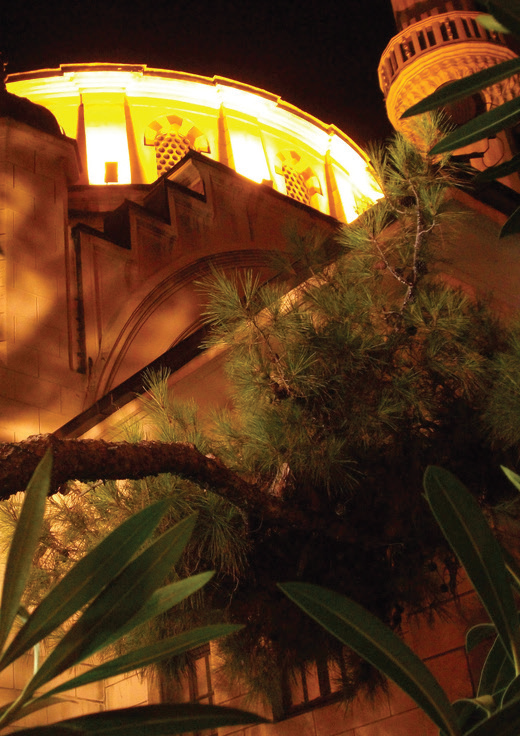
Introduction
An absolute certainty of all created life is death, be they male or female,
rich or poor, black or white, sick or healthy, young or old. Despite the
uneasiness people feel in talking about or even merely thinking about
this topic, due to its unavoidable and inevitable nature, it only makes
sense to prepare for it.
This publication is designed to allow one to prepare themselves for
someone in their near family passing away. It features a practical guide
of what needs to be done, fulfilling both legal and Islamic requirements.
Thereafter it goes through the complete Islamic rites of passage,
including the relevant prayers and avoiding customs which go against
the teachings of Islam.
Topics covered by this guide include:
• How to perform Janazah prayers
• Writing a will
• Who to contact when a close relative passes away
• Other reference material about the Islamic funeral process
It is also hoped that this publication can be a reminder for each of us to
prepare for our own inevitable end. This information has been peer reviewed and checked by numerous community members and Sheikhs. It was compiled by the team who produced the MSA Australia publications.
This is the second edition, revised and updated.
Please email any feedback you may have to:
info@liveislam.org.au
What to do when someone shows signs of death
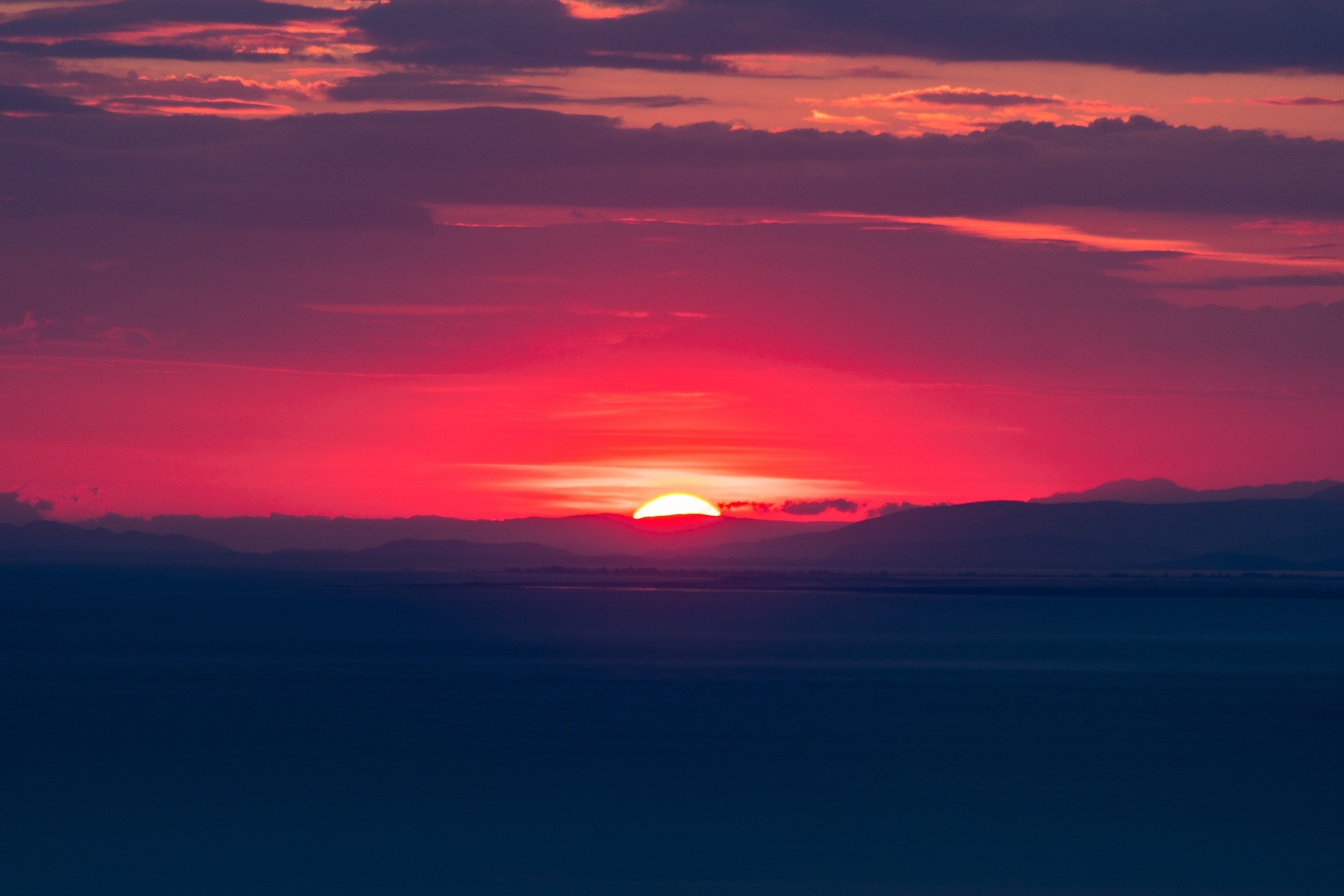
It is Sunnah (prophetic tradition) to encourage the person on whom the signs of death are clearly seen to lie on their right side facing the Qiblah (direction of Mecca). If not possible then on the left side facing the Qiblah. If lying on either side is painful it is permitted that they be positioned to lie on their back with their feet towards the Qiblah, and the head slightly raised with a cushion so that it faces the Qiblah. All the bed linen must be clean. If moving the dying person causes them any discomfort then leave them in any convenient position. Imam Nawawi explains that the aim of this practice is to ensure that the person faces the best direction, which is the Qiblah.
At this time the recitation of Qur’an is recommended.
Ma’qil Ibn Yasar reported that the messenger of Allah (saw) said:
“Whoever reads Ya Sin, seeking Allah’s pleasure, his past sins will be forgiven, so recite it over the dying among you”. [Bayhaqi]
Imam Nawawi has said in his al-Majmu: “It is recommended to read Surat Ya Sin for the dying, as has been told to us by our companions”.
This is because it mentions the scenes of the Day of Resurrection and so it would remind the person of those affairs.
This may be done in the same room. When one is incapable of reciting the Qur’an, someone else may be requested to recite these chapters or any other portions of the Qur’an.
When the end nears, the dying person’s breath quickens, the knees become so weak that they cannot move, the nose becomes bent and the temples subside. Using these signs understand that the person is nearing his end. The scholars recommend that the kindest of his kinship to him/ her and the most pious ones should sit by him/her and ease on him/her the situation. S/he should be provided with water if s/he requests or wet his/her lips and throat with water to ease the articulation there is no God but Allah.
Talqin: Talqin is to remind the dying:

LĀ ILĀHA ILLAL-LĀHU
There is no God but Allah
The Talqin should be read before the dying person takes his/her last breaths, they must not be asked or ordered to read it, but must be helped to recall it. i.e. those present should continually repeat it aloud, in front of the dying. The messenger of Allah has instructed us to do Talqin to the dying person as he said in the Hadith of Abu Sa’eed, ‘do Talqin to your dead’ [Sahih Muslim].
One should be keen on making the Talqin the final words of the dying person. The Messenger of Allah counselled in a hadith related by Mu’adh, ‘Whoever’s last words were La Illah Illa Allah will enter Jannah’ [Musnad Al Imam Ahmad] Once the departing person utters the Talqin, all who are present should remain silent. The dying person should not be drawn into any worldly discussions, but if s/he discusses any worldly affair, then the Talqin should be repeated.
What to do when someone dies.

This section is divided into four parts:
• Practical steps to take upon the death of a loved one
• What to do and who to contact when death occurs at home and the cause of death is known
• What to do and who to contact when death occurs at a hospital and the cause of death is known
• What to do and who to contact when the cause of death is unknown
Practical steps to take upon the death of a loved one
These are the rites and customs for Muslims. Great care and respect is required to be offered to the deceased. Remember this will be you one day!
1. As soon as a person dies their eyes should be gently closed as per the hadith of Umm Salamah. [Sahih Muslim]
2. Gently press the chin upward while holding the top of the head.
If possible, place a strip of cotton under the chin and around the head, tying it firmly at the top.
3. Remove any jewellery such as rings, necklaces, bracelets, nose studs and any piercing. (It is especially important to remove rings before swelling occurs).
4. Straighten the limbs carefully and gently. If they will not straighten (i.e. due to a stroke) do not force them, as this could cause breakage and Islam emphasises that the body of a Muslim is to be respected whether dead or alive. Also, place something heavy on the stomach if possible to prevent bloating.
5. If possible place the toes together and bind the ankles carefully.
6. Do not cut nails or remove unwanted hair from the dead body.
7. Until the time of the dead’s bathing, the body should be covered by a Tahir (clean) sheet.
The one who performs Step 7 should read:

BISMILĀHI WA BIL-LĀHI WA `ALĀ MILLATI
RASŪLIL-LĀHI SALLALLĀHU `ALAYHI WA SALLAM
In the name of Allah and on the creed, religion and faith of Rasulullah, Peace Be Upon Him.
and may further read:
MĀ BA`DAHŪ WA ’AS`ID HŪ BI LIQĀ’IKA WAJ`AL MIMMĀ
KHARAJA ILAYHI KHAYRAM MIMMĀ KHARAJA `AN HU
O Allah! Ease upon him his matters and make light work for him whatever
comes hereafter and honour him with your meeting and make that which he has
gone to, better than that which he came out from.
MĀ BA`DAHŪ WA ’AS`ID HŪ BI LIQĀ’IKA WAJ`AL MIMMĀ
KHARAJA ILAYHI KHAYRAM MIMMĀ KHARAJA `AN HU
O Allah! Ease upon him his matters and make light work for him whatever
comes hereafter and honour him with your meeting and make that which he has
gone to, better than that which he came out from.

ALLĀHUMMA YASSIR `ALAYHI ’AMRAHŪ WA SAH-HIL `ALAYHI MĀ BA`DAHŪ WA ’AS`ID HŪ BI LIQĀ’IKA WAJ`AL MIMMĀ KHARAJA ILAYHI KHAYRAM MIMMĀ KHARAJA `ANHU
O Allah! Ease upon him his matters and make light work for him whatever comes hereafter and honour him with your meeting and make that which he has gone to, better than that which he came out from.
NOTE: It is Makruh (disliked) to recite the Holy Qur’an near the deceased person’s body during the period between death and the Ghusl (bath).
All the individuals of the deceased’s family may read:

ALLĀHUM-MAGHFIRLĀ WA LAHŪ WA ’A`QIBNĀ MINHU `UQBAN ĀASANĀ
O Allah! Forgive me and him and grant me a good reward after him.
Those who are grieved by this demise may read:
MĀ BA`DAHŪ WA ’AS`ID HŪ BI LIQĀ’IKA WAJ`AL MIMMĀ
KHARAJA ILAYHI KHAYRAM MIMMĀ KHARAJA `AN HU
O Allah! Ease upon him his matters and make light work for him whatever
comes hereafter and honour him with your meeting and make that which he has
gone to, better than that which he came out from.
MĀ BA`DAHŪ WA ’AS`ID HŪ BI LIQĀ’IKA WAJ`AL MIMMĀ
KHARAJA ILAYHI KHAYRAM MIMMĀ KHARAJA `AN HU
O Allah! Ease upon him his matters and make light work for him whatever
comes hereafter and honour him with your meeting and make that which he has
gone to, better than that which he came out from.

INNĀ LILLĀHI WA INNĀ ILAYHI RĀJI`ŪN
To Allah do we belong and to Him shall we return.

ALLĀHUMMA’JURNĀ FĀ MUSĀBATĀ WA KHLUF LĀ KHAYRAM MINHĀ
O Allah! Reward me in my affliction and requite me with (something) better than this.
When death occurs at home and the cause of death is known
1. Contact the family doctor immediately, provided the doctor attended the dead person during their last illness and can certify the cause of death. When someone dies, a doctor must issue a certificate that confirms the death. Funeral arrangements cannot be completed until the doctor has signed and issued this certificate (generally called a Doctor’s Certificate of Cause of Death).
2. Inform the local undertaker (See Appendix I) that a Medical Certificate has been issued. The undertaker will make all the arrangements with the Cemetery for burial. They will arrange for the body to be taken for washing and burial. Generally the local Islamic funeral service provider will guide you through the process.
3. The undertaker in charge of the funeral arrangements will generally collect all the information needed for registering the death and send it to the relevant state or territory government office. The funeral director may also help with things such as notices and generally makes all the arrangements for the funeral prayer at the local mosque with the Imam.
Death occurs in hospital and cause of death is known
1. If the hospital doctor is aware of the cause of death then they will issue the Certificate. The doctor may want to carry out a post-mortem but the doctor has to obtain the permission of the nearest relative. If
the post-mortem is required purely for the satisfaction of the doctor or the hospital, then permission should not be given. This type of post mortem can only be carried out with the permission of the nearest relative. This is discussed further in the next section.
2. Normally hospital staff will transfer the body from the ward to the hospital mortuary. But if arrangements are made swiftly then the body can be collected by the undertaker from the ward and taken to the mosque mortuary.
Once the doctor has issued the Medical Certificate and the undertaker has confirmed the time of burial, arrangements should be made for washing of the body. The undertaker will transport the body from the
hospital to the place of washing. If burial is to take place the next day, most undertakers do have facilities to keep the body overnight in the mortuary (See Appendix I).
When death occurs and the cause of death is unknown
Where the doctor is unable to certify the cause of death, whether the death occurred in a hospital or at home, they will report the death to the police who in turn will inform the Coroner.
Who is the Coroner?
The Coroner is a judicial officer who must be advised when a person dies from unnatural causes or where the cause of death is not known. Once a report of death is received, usually from police, doctors or hospital authorities; the Coroner has legal control over the body of the deceased person, and must establish:
• the circumstances surrounding the death
• how the death occurred
• the cause of death
• the particulars needed to register the death.
This is done by carrying out a post mortem examination commonly called an autopsy.
What is a post mortem examination?
A post mortem examination is the method of determining and recording the cause of death. It involves an external and internal examination of the deceased. Some tissue and blood samples are usually retained for laboratory analysis. After the post mortem, care is taken to return the body as close as possible to its original condition.
Is a post mortem allowed in Islam for a valid reason?
A very important and fundamental principle that should be remembered with regards to the human body is that the human body, whether dead or alive, is considered sacred according to Islam. Thus cutting it, mutilating it and tampering with it in any way without medical cause is considered unlawful.
Allah Most High says:
“And verily we have honoured the children of Adam”
[Surat Al-Isra: 70]
A human body is sacred even after death. The Messenger of Allah (saw) said: “Breaking the bone of a dead person is similar (in sin) to breaking the bone of a living person”. [Sunan Abu Dawud, Sunan Ibn Majah & Musnad Ahmad]
Imam Ibn Abidin (Allah have mercy on him) in his book Radd al-Muhtar states:
“A human being is honoured according to Shariah even if one is a non-believer (kafir), and the meaning is that ones body and organs are sacred. Hence, it is not permissible to even break the bone of a dead non- believers body”.
Based on this very important principle, many scholars have declared that carrying out post-mortems is unlawful, because it violates the sanctity of the human body. Cutting and dissecting the human body cannot be considered permissible, regardless of what beneficial results may stem out from carrying out a post-mortem. Moreover, in carrying out a post-mortem, the body of the deceased person will be stripped naked. This in itself, is also not permitted without a genuine and valid reason.
Also, the body will be denied the many injunctions and rituals prescribed by Shariah, such as prompt burial of the body, not transferring it from one place to another, ritual bath (Ghusl), shrouding (Kafn), etc. Due to the above reasons, contemporary scholars have declared that post-mortems are unlawful unless there is a genuine need, such as for criminal identifications and when one is forced by law.
The Scholars state that Muslims living in places where post-mortems become necessary by law, should struggle in order to avoid post- mortems. However, if one is compelled by law, it would be permitted due to need and necessity.
It is important to acknowledge that in coronial autopsies the agreement of the family is not required, but wherever possible the Coroner should give regard to the family’s wishes. In the case of a coronial autopsy, the National Code of Ethical Autopsy Practice allows for “specific cultural or spiritual rituals or needs”. In this regard, you should ask that respect is shown to the deceased body at all times by minimising all cutting and tampering of the body and nakedness.
MĀ BA`DAHŪ WA ’AS`ID HŪ BI LIQĀ’IKA WAJ`AL MIMMĀ
KHARAJA ILAYHI KHAYRAM MIMMĀ KHARAJA `AN HU
O Allah! Ease upon him his matters and make light work for him whatever
comes hereafter and honour him with your meeting and make that which he has
gone to, better than that which he came out from.
MĀ BA`DAHŪ WA ’AS`ID HŪ BI LIQĀ’IKA WAJ`AL MIMMĀ
KHARAJA ILAYHI KHAYRAM MIMMĀ KHARAJA `AN HU
O Allah! Ease upon him his matters and make light work for him whatever
comes hereafter and honour him with your meeting and make that which he has
gone to, better than that which he came out from.
Washing and Shrouding the Deceased
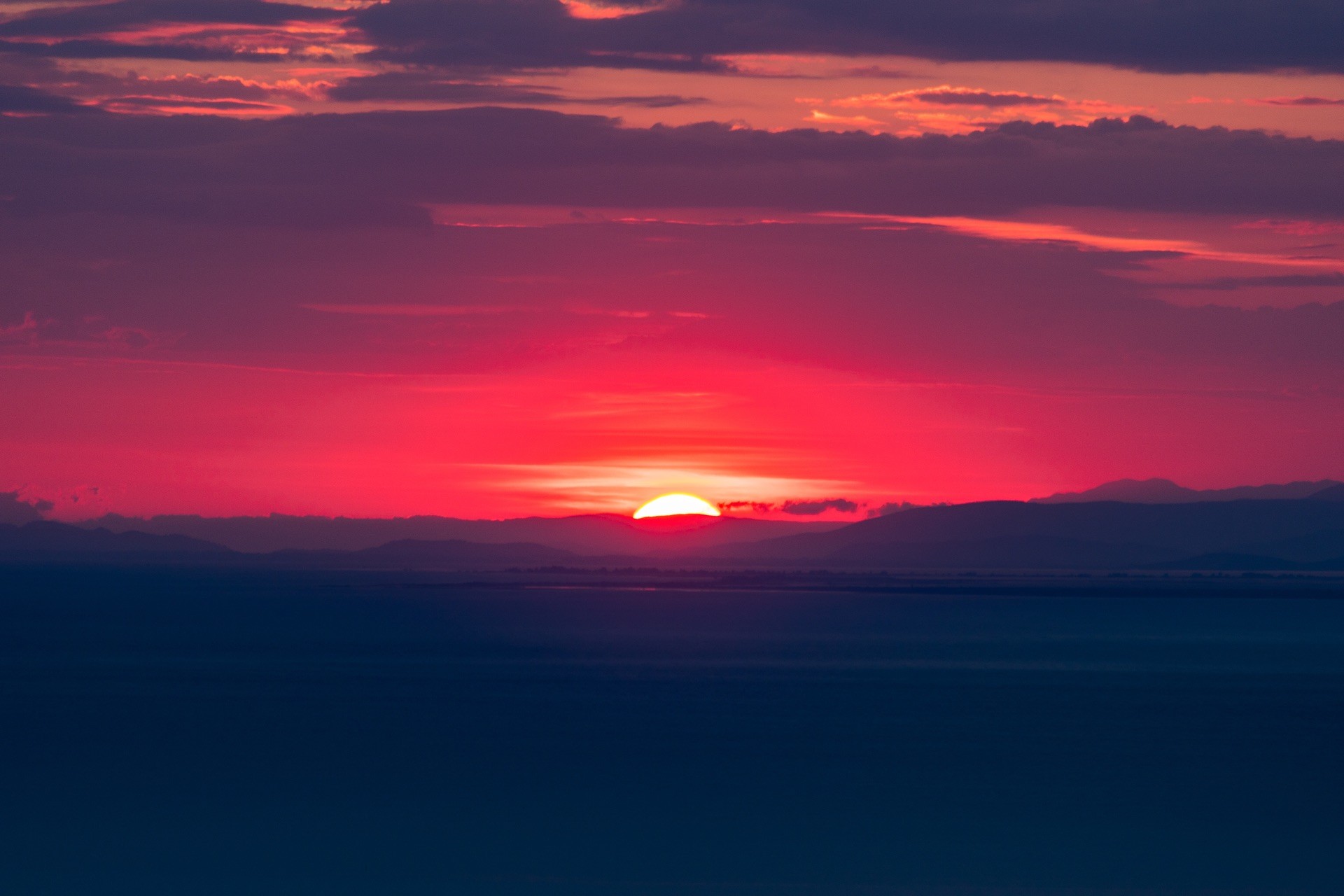
The Funeral Prayer
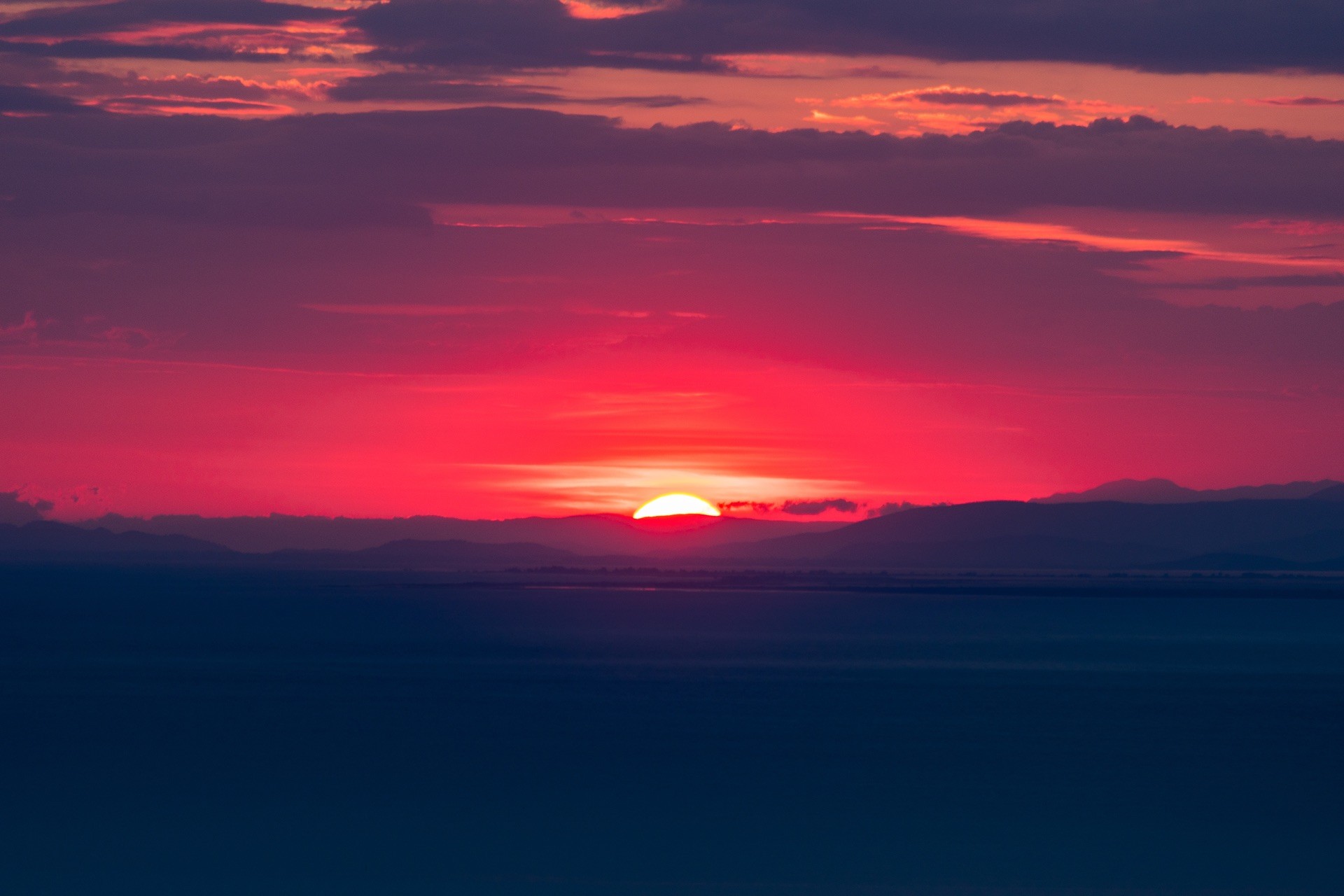
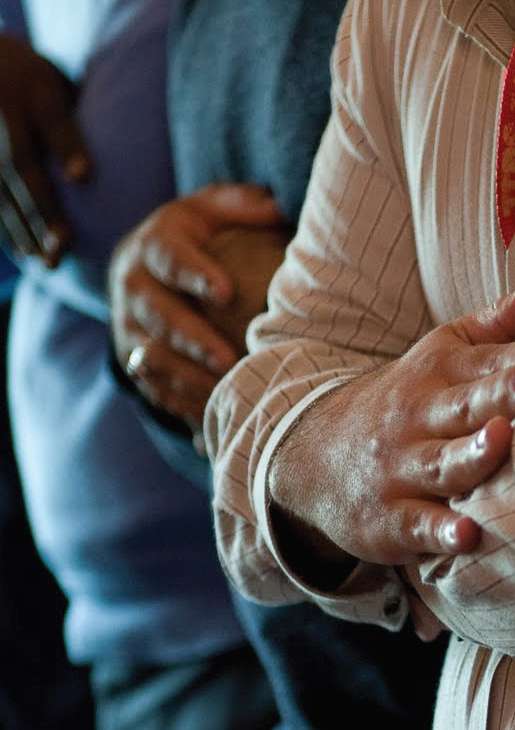
Salatul Janazah
Before the Prayer
The deceased is taken from the place of washing and shrouding to an appropriate place to perform the Funeral Prayer.
Here are the guidelines for this:
1. If the deceased is an adult, the Janazah should be carried on the shoulders by four men. It is Makruh to transport the corpse in a vehicle over short distances unnecessarily.
2. If the deceased is an infant or small child, it should be carried in the arms individually by different people.
3. All those who lift or carry the Janazah should recite:

BISMILLĀHIR RAHMĀNIR RAHIM
In the name of Allah, Most Beneficent, Most Merciful.
4. Those accompanying the Janazah should not sit before it is lowered to the ground. The sick and weak are excused.
5. It is Sunnah to carry the Janazah hastily, but not in a manner that the body is jolted or shaken about. The Messenger of Allah has said, “hasten while carrying the Janazah”.
6. It is Mustahab (recommended) to follow the Janazah, and not to go ahead of it (the Shafi opinion is the opposite of this).
7. It is Makruh for those accompanying the Janazah to recite any Du`a or ayah of the Qur’an aloud. They may, however, read softly.

LĀ ILĀHA ILLAL-LĀHU MUHAMMADUR RASŪLUL-LĀH
There is no God but Allah, Muhammad (saw) is Allah’s Messenger.
NOTE: One should abstain from speaking of worldly affairs or laughing and joking.
The Importance of Janazah Prayer
It is the right of a Muslim that when they pass away, other Muslims should pray Janazah prayer for them. Janazah prayer is an individual Sunnah however it is considered a communal obligation. If no one from the whole Muslim Community offers the Janazah Prayers, then the whole community will be considered sinful in the sight of Allah. However, if some Muslims offer the Janazah prayer then the whole community will be saved from the anger of Allah, even though the reward will only be given to the participants in the prayer.
In many Ahadith, the Prophet Muhammad (saw) emphasised and encouraged the Muslims to attend funeral ceremonies. So every Muslim male should try his best to fulfil his duty towards the deceased.
Some Notes on Janazah Prayers
1. Janazah prayer should be offered in congregation, as this is more rewarding. It can be prayed in more than one congregation but by different people.
2. Janazah prayer according to Hanafi and Maliki should be offered in an open place but in case of rain or bad weather or any other reason it can be prayed in a mosque or a hall, etc.
3. It is Makruh to perform the Janazah Salaah while the sun rises, when it passes the meridian (ie. just before Dhuhr prayer) and when it sets. Besides these three times, which last for a very short period, this Salaah can be performed at any time during the day or night.
4. The Janazah is placed perpendicular in front of the Imam in the direction of the Qiblah. The Imam should stand level with the head and shoulders of the deceased if a male, and should stand level with the abdomen if a female.
Janazah prayer is very different from other prayers in the sense that there are no Ruku (Bowing) or Sujud (prostration) or Tashahhud in it. There is no fixed time for offering this prayer but Makruh times must be avoided. It has to be offered standing up.
Other conditions like Wudu’ ritual purification, facing Qiblah, dress etc. have to be observed as in the usual prayers.
MĀ BA`DAHŪ WA ’AS`ID HŪ BI LIQĀ’IKA WAJ`AL MIMMĀ
KHARAJA ILAYHI KHAYRAM MIMMĀ KHARAJA `AN HU
O Allah! Ease upon him his matters and make light work for him whatever
comes hereafter and honour him with your meeting and make that which he has
gone to, better than that which he came out from.
MĀ BA`DAHŪ WA ’AS`ID HŪ BI LIQĀ’IKA WAJ`AL MIMMĀ
KHARAJA ILAYHI KHAYRAM MIMMĀ KHARAJA `AN HU
O Allah! Ease upon him his matters and make light work for him whatever
comes hereafter and honour him with your meeting and make that which he has
gone to, better than that which he came out from.
How to Perform the Janazah (funeral) Prayer
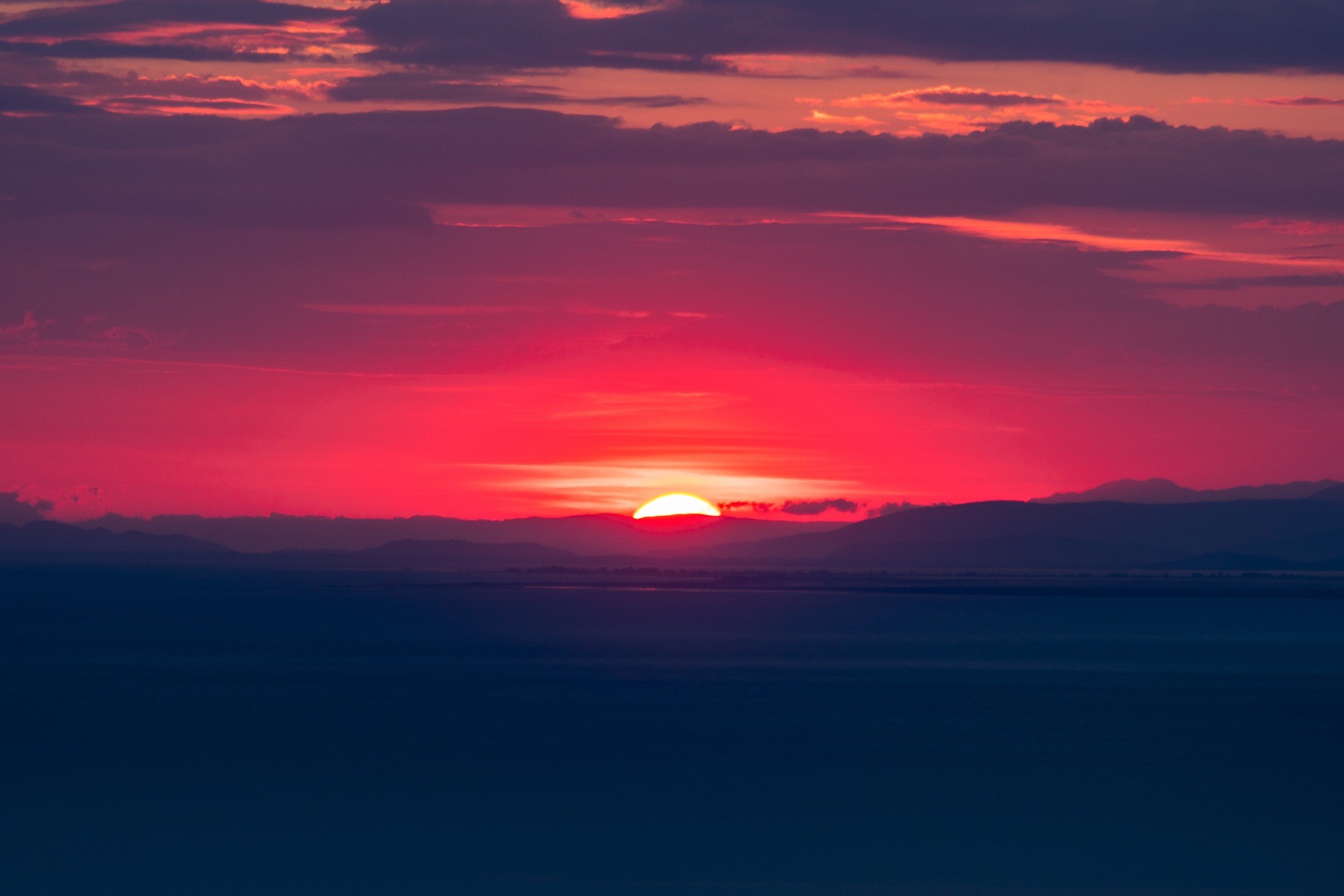
How to Perform Janazah Prayer
a) Like other prayers, facing the Qiblah is a necessary condition. The Imam should advise the people to straighten the rows. There should be an odd number of rows as it is more rewarding.
b) Intention: Making intention is necessary in Janazah as it is necessary in other prayers.
c) Janazah Prayer contains four Takbirat. First Takbirah is Takbir Tahrimah. The Imam says Allahu Akbar and raises his hands up to shoulder level with fingers stretching to the earlobes and the congregation does the same. Then the Imam folds his hands, right hand over left as one does in the usual prayer.
d) Du`a of Starting: After the Imam has initiated the Prayer, the person can read one of those Du’a which are recommended in the first Rak’ah of the usual prayer before recitation of the Fatihah. For example:

SUBHĀNAKA ALLĀHUMMA WA BIHAMDIKA WA TABĀRAKA ASMUKA WA TA`ĀLĀ JADDUKA WA JALLA THANĀ’UKA WA LĀ ILĀĀHA GHAYRUKA
Glory be to You, O Lord, and all Praises are due Unto You, and blessed is Your Name and high is Your Majesty and Your Praises are elevated and none is worthy of worship but You.
This is then followed by the recitation of the Fatihah. Thereafter, the Imam will say the second Takbir. (The practice of the recital of Surah Al Fatihah in this particular Salaah is not accommodated in the Hanafi School of jurisprudence. The authenticity of both its recital and omission are without question).
SECOND TAKBIR
Then the Imam should say the second Takbir and the congregation should follow. According to the Hanafi School of jurisprudence one should not raise the hands. However, this is a Sunnah according to the other Schools of jurisprudence.
AFTER THE SECOND TAKBIR
After the second, Takbir the person praying Janazah should recite Ibrahimiyah in their heart. This is what is recited in Tashahud during prayer.
ALLĀHUMMA SALLI `ALĀ MUHAMMADIN-WA `ALĀ ’ĀLI MUHAMMADIN KAMĀ SALLAYTA `ALĀ IBRĀHIMA WA `ALĀ ĀLI IBRĀHIM INNAKA HAMIDUM-MAJID
ALLĀHUMMA BĀRIK `ALĀ MUHAMMADIN-WA `ALĀ ’ĀLI MUHAMMADIN KAMĀ BĀRAKTA `ALĀ IBRĀHIMA WA `ALĀ ĀLI IBRĀHIM INNAKA HAMIDUM-MAJID
‘O Allah, send prayers upon Muhammad and the followers of Muhammad, just as You sent prayers upon Ibrahim and upon the followers of Ibrahim. Verily, You are full of praise and majesty. O Allah, send blessings upon Muhammad and upon the family of Muhammad, just as You sent blessings upon Ibrahim and upon the family of Ibrahim. Verily, You are full of praise and majesty.’
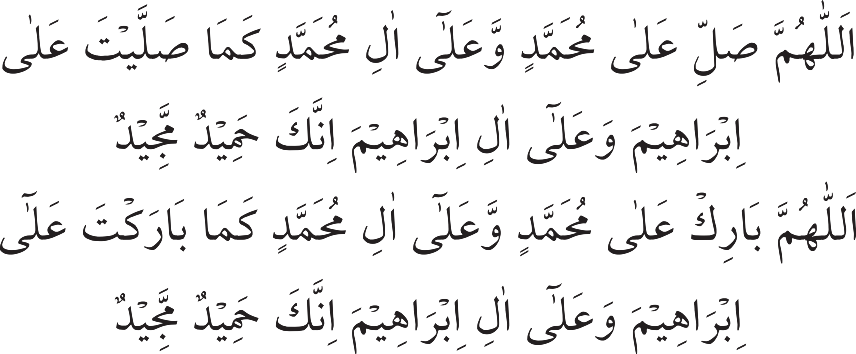
THIRD TAKBIR
Then the Imam should say the third Takbir and the congregation should follow. One should then supplicate for the deceased.
DU’A OF JANAZAH
(for an adult male or female)
a) Abu Hurairah said that the Messenger of Allah (saw) prayed Janazah of a Muslim and he said in his Du`a (the following words):

ALLĀHUM-MAGHFIR LI HAYYINĀ WA MAYYITINĀ, WA SHĀHIDINĀ WA GHĀ’IBINĀ, WA SAGHIRINĀ WA KABIRINĀ, WA DHAKARINĀ WA UNTHĀNĀ, ALLĀHUMMA MAN AHYAYTAHŪ MINNA FA AHYIHI `ALAL ISLĀM, WA MAN TAWAF-FAYTAHŪ MINNA FATAWAF-FAHŪ `ALAL IMĀN
O Allah, forgive our people who are still alive and who have passed away, forgive those who are present here and those who are absent, forgive our young and our elderly, forgive our males and females.
O Allah, the one whom you wish to keep alive from among us make him live according to Islam, and anyone whom you wish to die from among us, let him die in the state of Iman (Belief).
(Ahmad, Abu Dawud, Tirmidhi, Ibn Majah)
b) `Awf bin Malik (ra) said that the Messenger of Allah (saw) prayed a Janazah and I heard him saying the following Du`a and I memorised it:
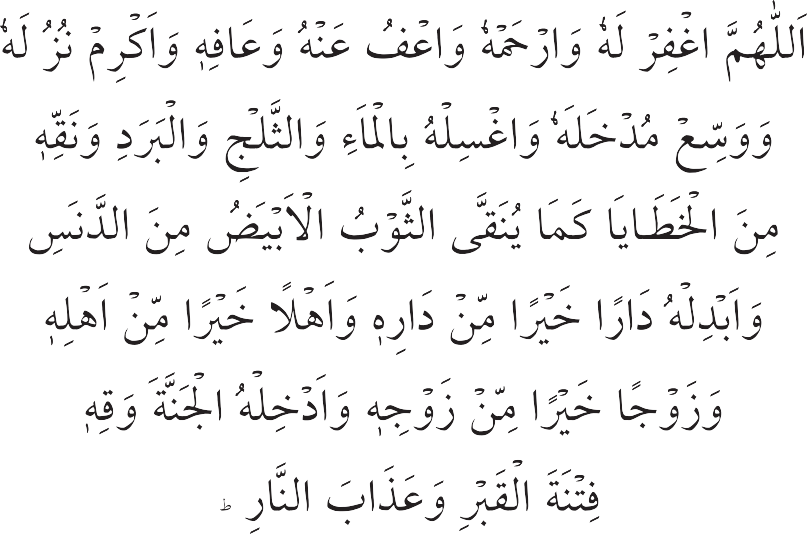
ALLĀHHUM-MAGHFIRLAHŪ WARHAMHŪ WA`FŪ `ANHU WA`ĀFIHĀ WA AKRIM NUZULAHŪ
WA WASSI` MUDKHALAHU, WAGHSILHU BIL MĀ’I WATH-THALJI WAL BARADI, WA NAQ-QIHĀ MINAL KHATĀYĀ KAMĀ YUNAQQATH-THAWBUL- ABYADU MINAD DANASI WA ABDILHU DĀRAN KHAYRAM MIN DĀRIHI, WA AHLAN KHAYRAM MIN AHLIHI. WA ZAWJAN KHAYRAM MIN ZAWJIHI, WA ADKHILHUL-JANNATA, WA QIHI FITNATAL QABRI WA `ADHĀBAN NĀR
O Allah, forgive him, have mercy on him, pardon him, grant him security, provide him an enjoyable place and spacious lodgings, wash him (of his sins) with water, snow and ice. Purify him from his sins as a white garment is cleansed form dirt, replace his present abode with a better one, replace his present partner with a better one, make him enter paradise and save him from the trials of the grave and the punishment of hell.”
DU’A FOR MINORS
Boys:

ALLĀHUM-MAJ`ALHU LANĀ FARAṬAW WAJ`ALHU LANĀ AJRAW WA DHUKHRAW WAJ`ALHU LANĀ SHĀFI`AW WA MUSHAFFA`Ā
O’ Allah, make him a means for our salvation, and make him a reward and treasure for us in the Hereafter, and him an intercessor for us, one whose intercession is accepted by You.
Girls:

ALLĀHUM-MAJ`ALHĀ LANĀ FARAṬAW WAJ`ALHĀ LANĀ AJRAW WA DHUKHRAW WAJ`ALHĀ LANĀ SHĀFI`ATAW WA MUSHAFFA`AH
O Allah, make her a means for our salvation, and make her a reward and treasure for us in the Hereafter, and her an intercessor for us, one whose intercession is accepted by You.
There are also other Du`a which are narrated from the Prophet Muhammad (saw) and they can be found in the various books of Ahadith. Any of them can be read, but the above are generally more accepted and well known.
FOURTH TAKBIR
The Imam should say the fourth Takbir and then recite the Salaam aloud twice while turning his face first towards the right shoulder and then once again while turning his face towards the left. The congregation should follow by saying the Takbir and Salaam softly.
The Hanafi and Maaliki Schools of jurisprudence are of the view that only one Tasleem is desirable, whereas the Shaafi’ee School of jurisprudence is of the view that two Tasleem is a Sunnah.
Late Comers to the Janazah Salaah
When a late comer fears that if he engages himself in Wudhu, he will miss the Janazah Salaah, then it is permissible for him to make
Tayammum and join the Jam’ah. This rule applies to the Janazah Salaah only in the Hanafi Madhhab and Ibn Taymiyah ‘s opinion.
Whoever arrives for the Janazah Salaah after the Imam has said one or more Takbir, should wait and join the Imam when he says the next
Takbir. After the salaam he should complete the missed Takbir by merely saying Allahu Akbar once for every Takbir missed. No Du`a should be read. If the Imam has completed the fourth Takbir, then the late comer should join and complete all the missed Takbir (before the Imam says the Salaam).
The Burial Process
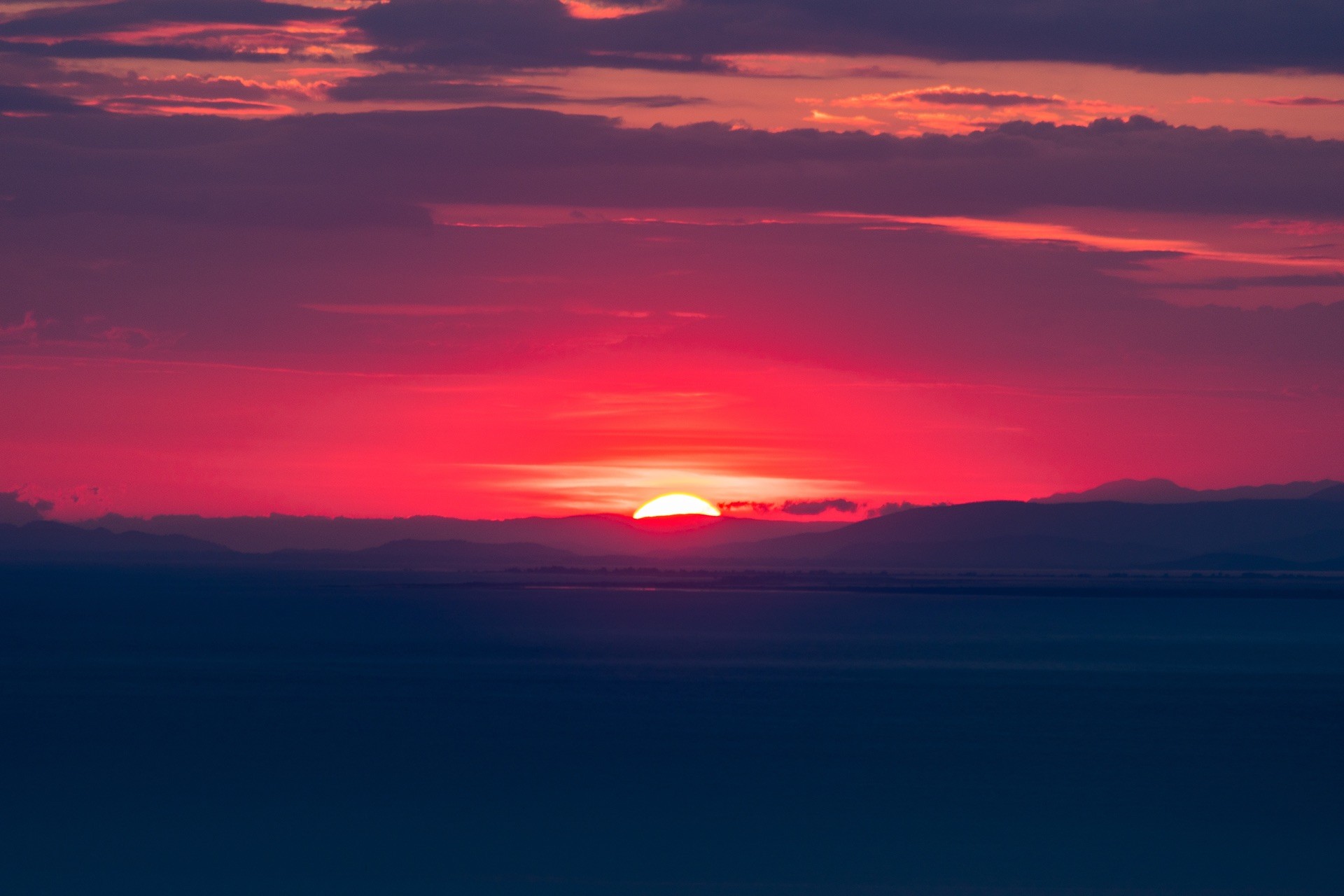
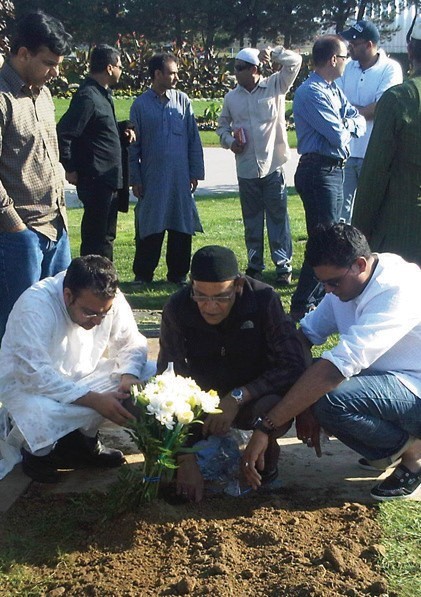
After Janazah prayers, the deceased body is transported to the grave site. The Islamic norms and practices are such that a rich or poor man will be buried in the same way.
Some points to consider:
• A Muslim is not buried in a coffin. They are buried in the bare grave, wrapped in their Kafn (shroud). A description is in Appendix IV.
• Building of monuments and extravagance is not acceptable.
The Muslim Method of Burial
1. After the Janazah Salaah is performed the deceased should be buried as soon as possible. The Janazah should be carried and placed at the Qiblah side of the grave. The head should be on the right side of the grave if one faces the Qiblah.
2. It is desirable that a Mahram or close relatives (of a female deceased) enter the grave to lower the body. The husband should not enter the grave to bury his wife but he is allowed according to the Shafi’ee Madhhab. It is not Sunnah that there be an odd number. All those who enter the grave should face the Qiblah.
3. It is Mustahab to hold a sheet over the grave while lowering and burying a female. If there is fear of her Kafn opening, then it is Wajib to do so.
4. It is Mustahab for those present to recite this Du`a whilst the body is being lowered:

BISMILĀHI WA BIL-LĀHI WA `ALĀ MILLATI RASŪLIL-LĀHI SALLALLĀHU `ALAYHI WA SALLAM
In the name of Allah and on the creed, religion and faith of Rasulullah (saw)
5. After placing the body into the recess of the grave it is Sunnah to turn it onto its Right side to face the Qiblah.
6. The strips of cloth tied at the head side, chest and leg side should now be untied.
7. The recess should then be covered with unbaked bricks, bamboo or timber.
8. It is Mustahab to begin closing the recess or trench from the leg side for males and from the head side for females. All the remaining little openings should be closed with mud or grass. The use of any fabric or blankets is unnecessary and wasteful. All those present should participate to fill the kabr with at least three handfuls of soil. When throwing the first handful in the grave recite:

MINHĀ KHALAQ NĀKUM
From the earth did We create you
During the second handful:

WA FIHĀ NU`IDUKUM
and into it shall We return you.
At the time of the third handful:

WA MINHĀ NUKHRIJUKUM TĀRATAN UKHRĀ
and from it shall We bring you out once again.
Burial of Stillborn Child
A stillborn child can be named, should be given Ghusl, wrapped in a piece of cloth (not Kafn) and buried in a respectable manner. There is no Janazah Salaah for stillborn children.
Burial of a Miscarried Child
In the case of a miscarriage, if the limbs are formed, then the child can be named, be given Ghusl, wrapped in a piece of cloth and buried just as
a stillborn child. If the limbs are not formed, no name will be given and there will be no Ghusl. A malformed child should just be wrapped in a piece of cloth and buried.
Bereavement (Ta'ziah)
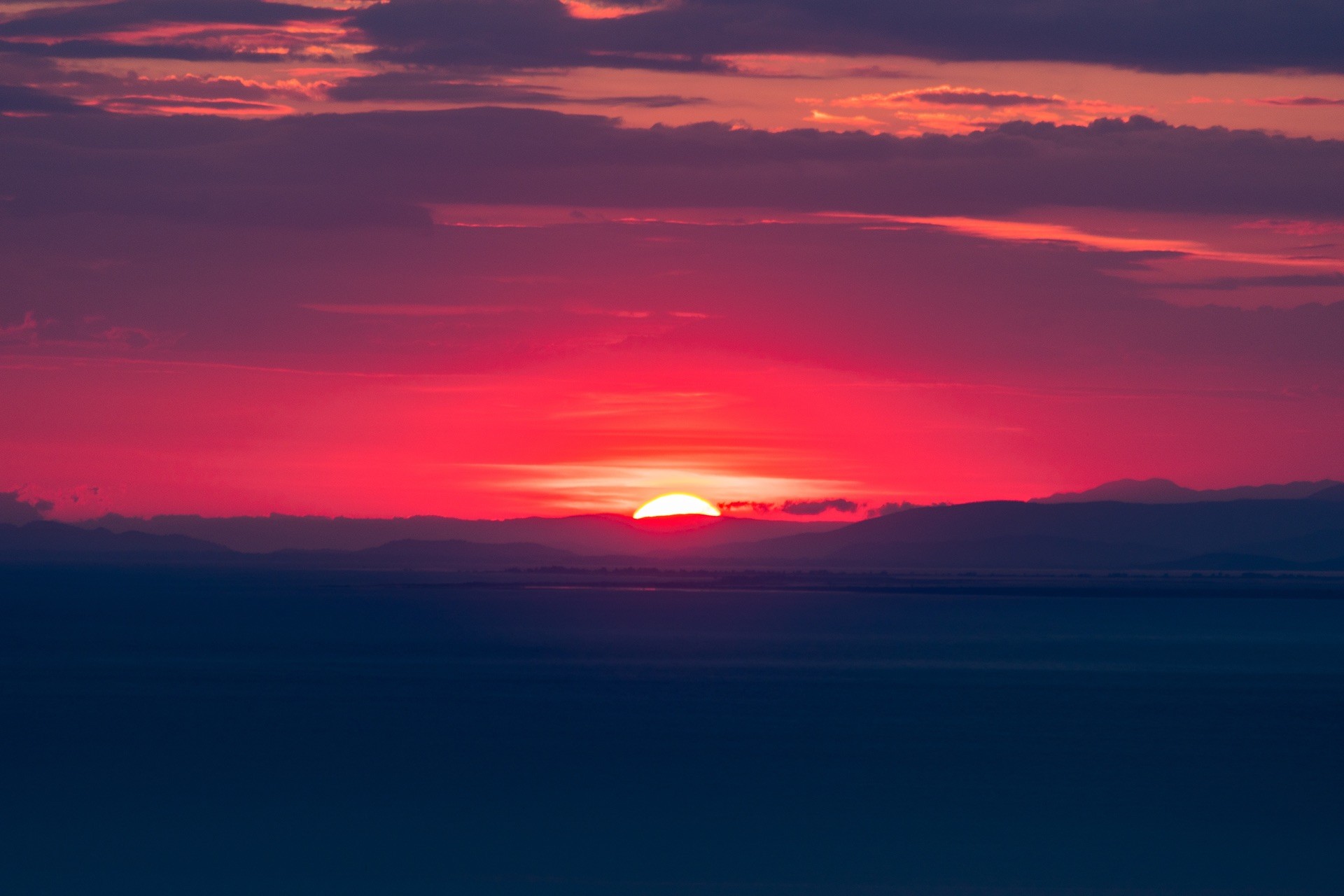
Bereavement in Islam
Ta’ziah is the Arabic word for giving your condolences.
The time for Ta’ziah extends for three days after the death. It is Makruh to make Ta’ziah after this period except in cases where one is not present at the Janazah or when the bereaved is absent.
It is from the teachings of Rasulullah (saw) that one should console and comfort a Muslim who is in distress. Rasulullah (saw) has said: “He who consoles the one in distress shall be rewarded as much as the bereaved.”
One should take note of the following few points:
• One should be humble.
• Express grief.
• Speak less about worldly affairs.
• Should not joke or laugh.
• Mention the good acts and deeds of the deceased and abstain from the ill ones.
• Rasulullah (saw) has said, “Mention the good actions of your deceased and abstain from the offensive ones.”
• Ta’ziah before the burial is permissible.
There are no specific foods or rituals for the Ta’ziah in Islam. Many customs or actions one witnesses for example, offering sweets or lunches, is more to do with custom and generosity of Muslims; which in its own right is a praiseworthy activity, not an obligation.
There is a difference of opinion between scholars relating to reading Quran over the deceased. So as not to create controversy and a point of quarrelling amongst people, it is best you seek guidance from your local Imam.
Period of Iddah for Women
The period of waiting after one’s husband dies is called Iddah. This period is of four months and ten days. A woman in Iddah should abstain from using fancy clothing, make-up or jewellery.
During this period she should remain in the dwelling that they occupied at the time of the death of her husband. She is not allowed to leave the house if she has sufficient provision. Nonetheless If she is the sole bread winner with no other means of income, then she is permitted to leave her house during the day. At night she should return home.
For a widow that is expecting a child at the time of the death of her husband, her Iddah will be until the birth of that child. The four month and ten days should not be adhered to in this instance.
If a woman is not at home at the time of her husband’s death, she should return as soon as possible and pass the period of Iddah at home. The days of Iddah will be calculated from the time of the death.
Visiting the Graveyard
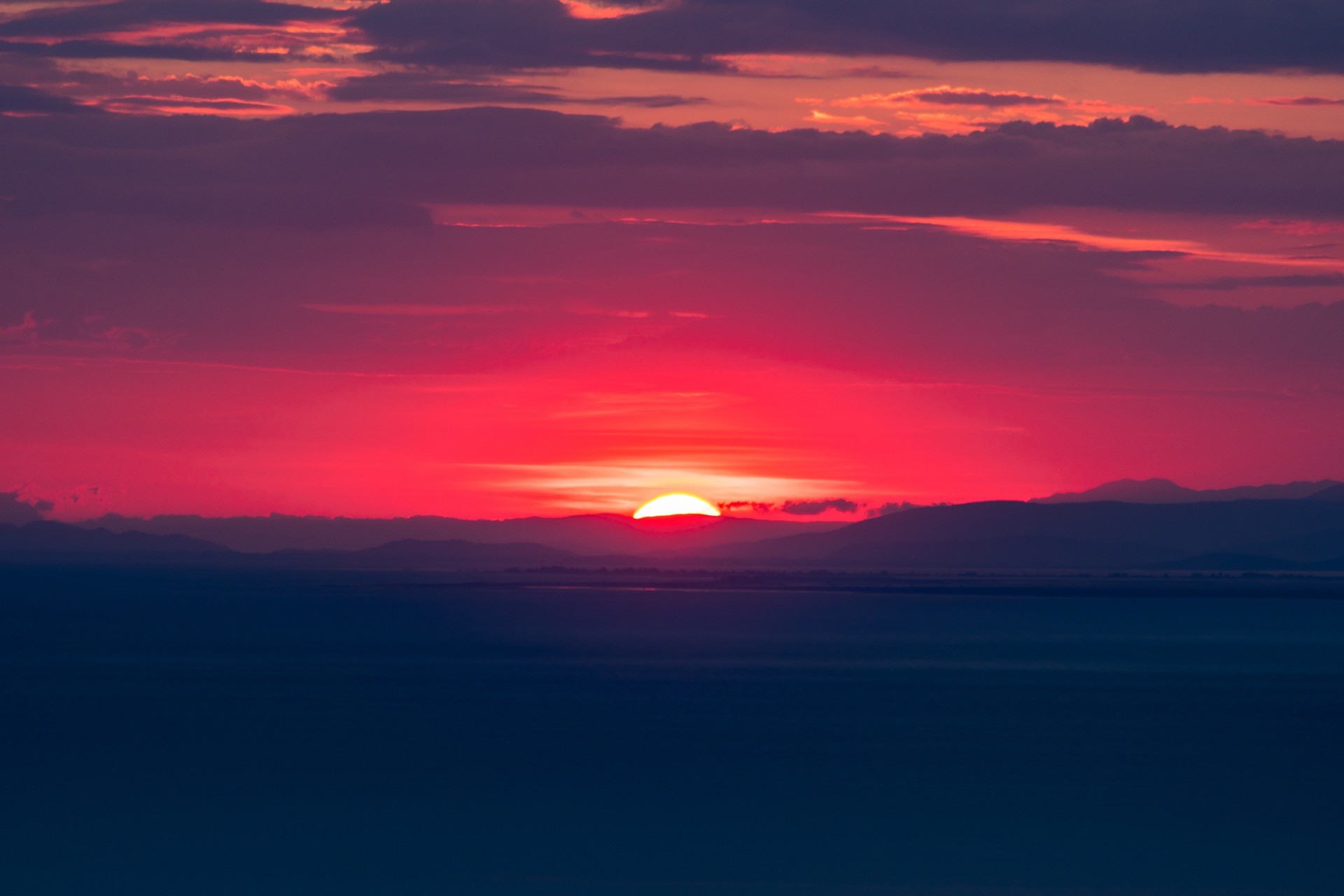
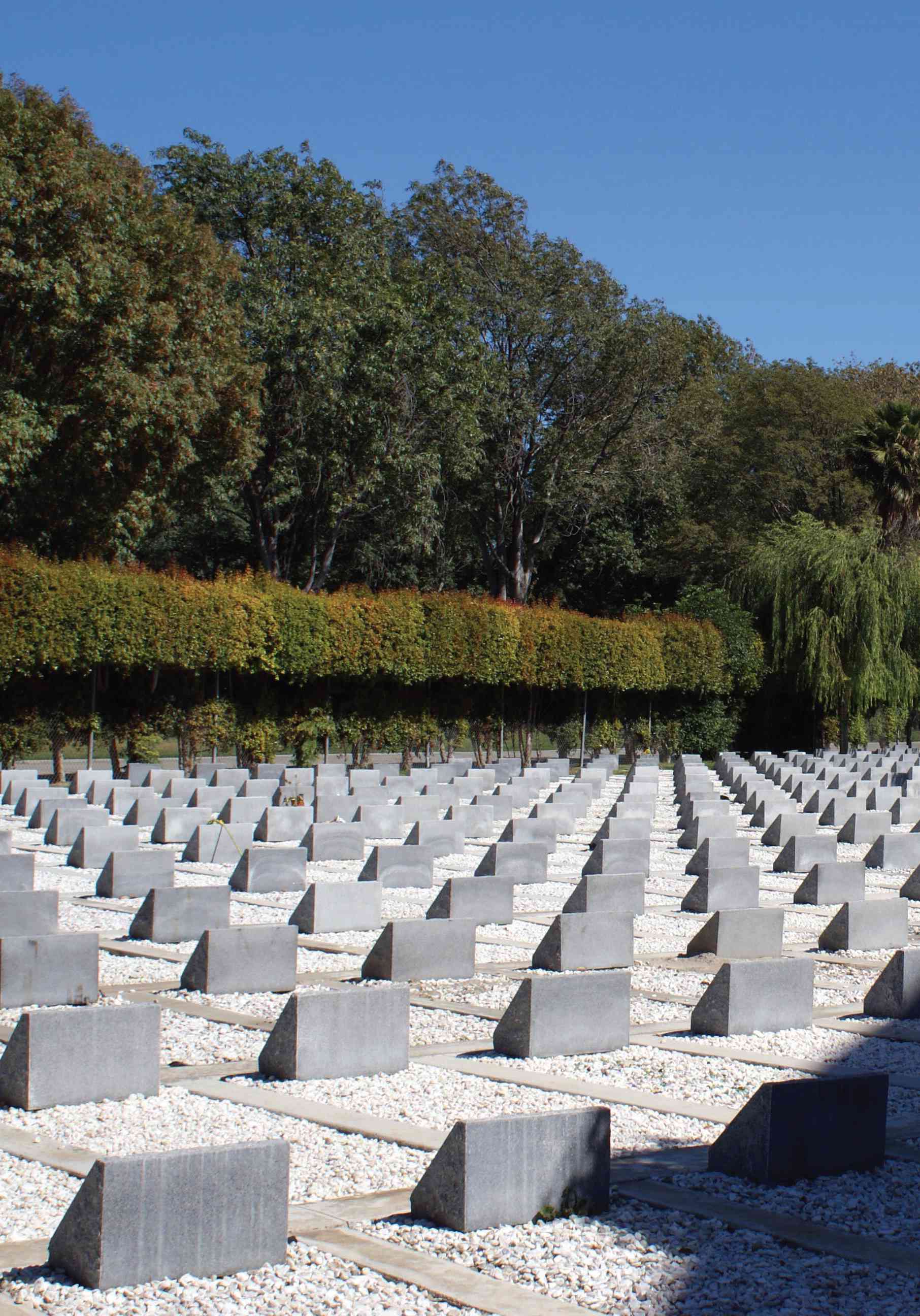
Rasulullah (saw) has mentioned, “Visit the graves, for surely visiting the graves lessens worldly love and reminds you of the hereafter.”
The graveyard can be visited on any day.
What to recite when entering the cemetery?
Rasulullah (saw) taught the Sahabah these words as salutation to the people of the graves and prayed for their forgiveness:

AS-SALĀMU `ALAYKUM AHLAD-DIYĀRI MINAL MU’MININA WAL MUSLIMINA WA INNĀ IN SHĀ-’ALLĀHU BIKUM LĀHIQŪN NAS’ALUL-LĀHA LANĀ WA LAKUMUL `ĀFIYAH
Peace be upon you, O you of the Believers and Muslims dwelling in these abodes.
Behold, if Allah wills, we shall meet you.
We beseech Oh Allah safety for us and for you.
What to do when visiting the grave?
There are many supplications that may be read at the graveside. Make Du`a for the Maghfirah (forgiveness) of the departed.
Use the opportunity to reflect upon your own relationship with your Lord and the good characteristics you want people to remember you for.
Your Will (Wasiyah)
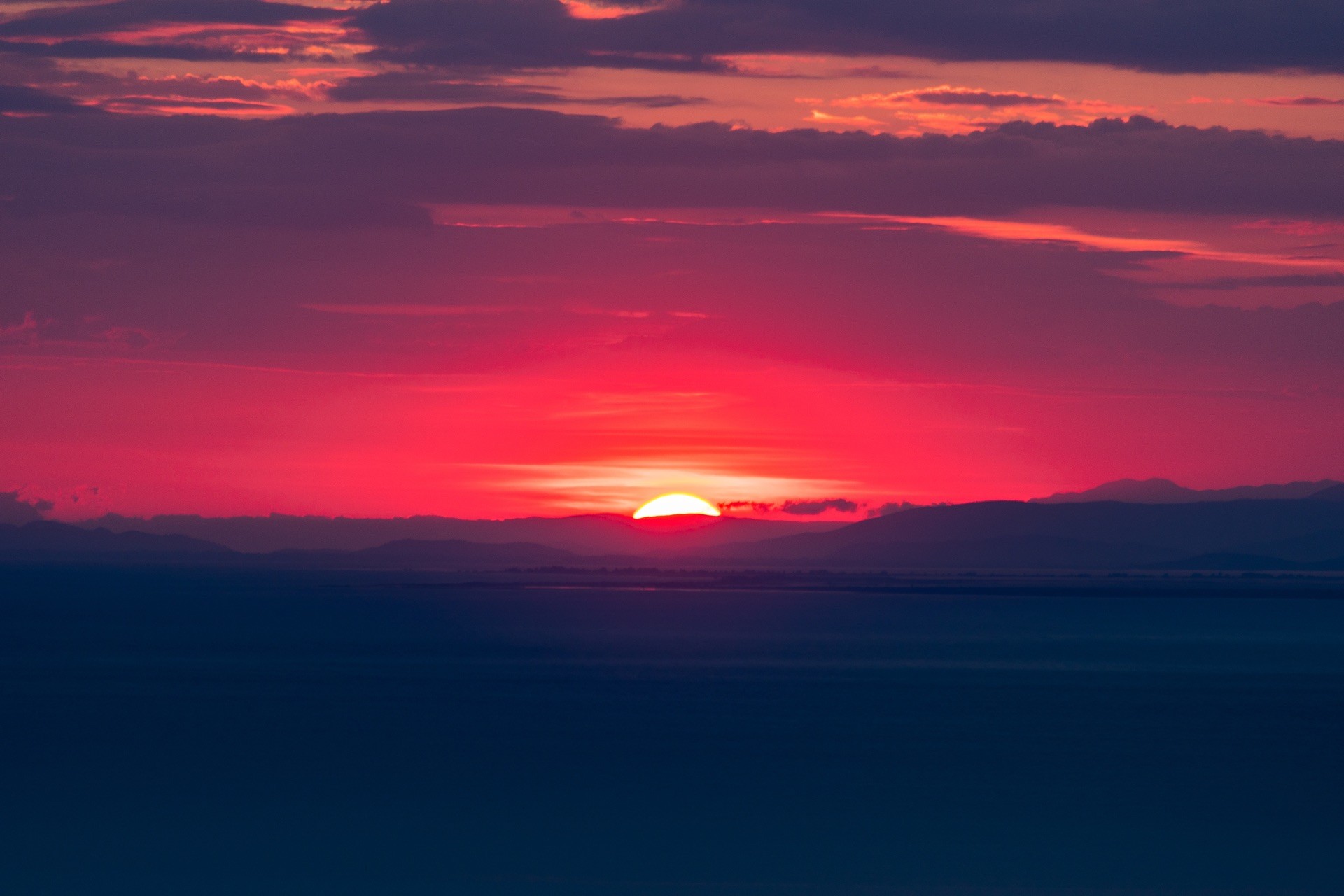
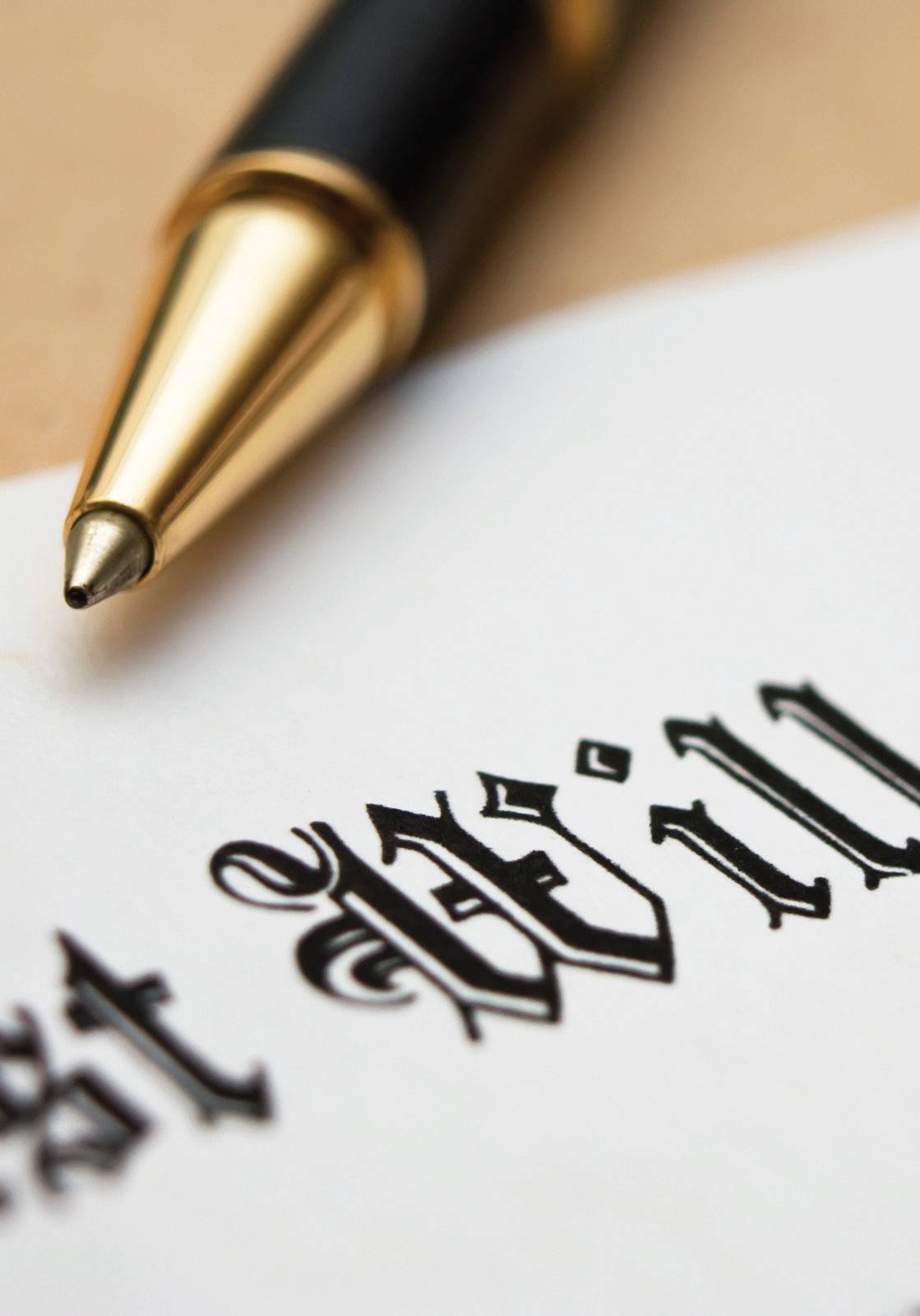
What is a Will?
A Will is a legal document that clearly sets out your wishes for the distribution of your assets after your death. Your Will states who is to be your executor. It is your executor who follows your wishes which are set out in your Will and generally looks after your estate after you die. Your Will also names who you wish to leave something to and what you want to leave to them.
The Islamic term for a Will is Wasiyah.
Do I have to have a Will?
According to both Islamic Law (Shariah) and various Australian State and Federal Laws, you will need a Will to ensure the distribution of assets after your death is done in a manner according to your wishes. Current studies show that 45% of Australians do not have a valid Will.
It is narrated by Abdullah bin Umar that the Prophet Muhammad (saw) said, “It is not permissible for any Muslim who has something to will to stay for two nights without having his last Will and testament written and kept ready with him.” (Sahih Bukhari)
“A man may do good deeds for seventy years, but if he acts unjustly when he leaves his last testament, the wickedness of his deed will be sealed upon him, and he will enter the Fire. If a man acts wickedly for seventy years but is just in his last will and testament, the goodness of his deed will be sealed upon him, and he will enter the Garden.” (Ahmad and Ibn Majah)
In light of these and other Hadith, it can be deduced that a Will (Wasiyah) is obligatory under the Shariah.
What happens if I do not have a Will?
You need a legal Will if you want control of who benefits from your property and possessions (your estate) after you die. If you do not have a Will, you have no control over who inherits your assets after your death.
The Wills Probate and Administration Act sets out a strict list of beneficiaries of an estate when someone dies without a Will. This formula does not recognise the distribution of assets according to Islamic principles and includes your estate going to the State Government in situations where your nearest living relatives are cousins. (see here: http://www.tag.nsw.gov.au/wills-landing-page.html)
How is an Islamic Will different to a Standard Australian Will?
An Islamic Will distributes your estate in accordance with the Mawarith schedule, being the set shares as stipulated in the Quran. The Will states your wish to be buried in accordance with Islamic principles. Further, in relation to your debts being paid from your estate prior to distribution, the Islamic Will also includes payment of any outstanding obligations between yourself and Allah as a debt to be paid, such as outstanding zakat or expiations for unfulfilled oaths.
The Will also stipulates details of acceptable beneficiaries who can receive your estate as distributed in accordance with the Mawarith schedule, including but not limited to: the requirement that a beneficiary who is to receive part of your estate as calculated by the Mawarith schedule cannot be a Non-Muslim; or to ensure that no part of your estate (not including a bequest) shall be inherited by a person whose claimed relationship to you is the result of a non-Islamic or unlawful marriage or through adoption.
The Islamic Will also incorporates the option to bequest a third of your estate, prior to the estate being distributed amongst your surviving relatives in accordance with the Mawarith schedule. If an individual exercises their right not to make a specific bequest, their estate will be distributed solely in accordance with the Mawarith schedule. If an individual wants to make a bequest, they can only bequest up to a third of their estate. The bequest can be made to a non-relative, a Non-Muslim or a charity/organisation.
Can an Islamic Will be recognised under Australian Law?
Yes. A standard Australian Will generally distributes the estate in percentages to elected beneficiaries. The Islamic Will also distributes the estate in percentages and beneficiaries but, the percentage and the beneficiaries are determined in accordance with Shari’ah, and not on the individual and personal choice of the individual making the Will (but for the 1/3 bequest option as noted above).
It is therefore possible for Muslims residing in Australia to have a valid Will which is Shari’ah compliant and in accordance with Australian laws of inheritance.
Who should I appoint as my Executor?
Your executor is the person who looks after your estate after you die. Your executor provides documents to your lawyers and signs documents in accordance with your Will.
Your executor must be over 18 at the time you pass away. You can appoint anyone you like but it is recommended that your executor knows your family situation as they will be responsible for identifying which surviving family members can be possible beneficiaries under your Islamic Will. You can appoint your spouse, children, any other family member, or friend to act as an executor.
You can have any number of “back up” executors however, it is normally sufficient to have up to 3 executors, in case your first preference is not able to act as executor. You can always update your Will if you wish to change your executors in future.
Funeral Services Contact Details
(Appendix 1)
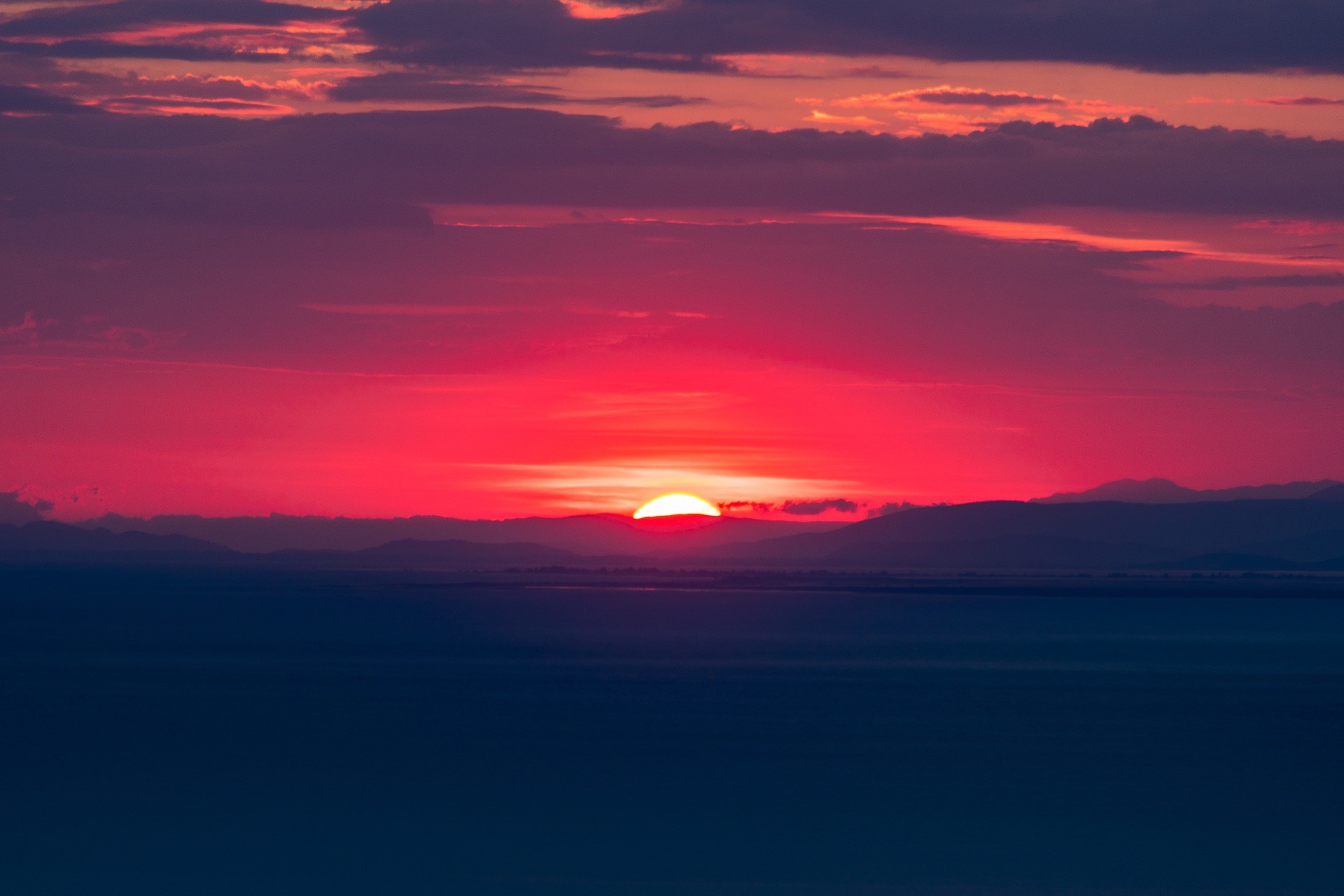
NEW SOUTH WALES
LMA Funeral Services
Address: 71 Wangee Rd, Lakemba NSW 2195 Phone: (02) 9759 5949
Australian Muslim Janaza Association
Address: 4A / 2- 4 Stout Rd, Mount Druitt NSW 2770 Phone: (02) 9675 6573
Mobile: 0452 629 244 or 0421 552 820 or 0414 960 141
Email: info@muslimjanaza.org.au
Auburn Gallipoli Mosque
Address: 15-19 Gelibolu Pde, Auburn NSW 2144 Phone: (02) 9646 5972
Email: info@gallipolimosque.org.au
The Garden Cemetery
Address: Unit 3/4 Brunker Road, Chullora NSW 2190 Phone: 1300 944 547
Website: www.thegarden.org.au
QUEENSLAND
Brisbane Muslim Burial Services
Phone: 0412 845 786
Muslim Funeral Services Ltd (MFS)
Address: Kuraby Mosque, 1408 Beenleigh Rd, Kuraby QLD 4112 Phone: (07) 5462 2155 (Office hrs) / 1300 896 786 (24 hr)
Mobile: 0412 845 786 / 0404 834 786
Email: admin@mfs.asn.au
SOUTH AUSTRALIA
Al-Khalil Mosque Islamic Arabic Centre
Address: Corner of Torrens Rd & Audley St, Woodville North SA 5012 Phone: (08) 8268 1944 or (08) 8268 3735
Email: ethscharabic@hotmail.com Email: alkhalil-Masjid@com.au
VICTORIA
Australian Islamic Funeral Services
Address: 45 King St, Broad Meadows VIC 3047 Phone: Mosque (03) 9359 0054
Phone: (03) 9305 2672 or Mobile: 0401 440 714 - Br. Mehmet Atasever
Mobile: 0413 815 345 - Br. Ramazan
Islamic Society of Geelong Inc
Address: 45-47 Bostock Ave, Manifold Heights VIC 3218 Phone: (03) 5275 2161 - Br. Safa
Mobile: 0425 754 379 - Br. Mansoor
Phone: (03) 5224 2422 - Imam Masjid Abdo
Islamic Society of Victoria
Address: 90 Cramer St, Preston VIC 3072 Ph: (03) 9470 2424 (Mosque)
Mobile: 0417 889 956 - Br. Abu Ramzi
Phone: (03) 9470 2424 - Br. Abu Mustafa Tartusi
ISOMER Janaza Services
Address: Lot 37 Wellington Rd, Lysterfield VIC 3156 Phone: (03) 9752 7248 - Br. Mortada
Phone: (03) 9848 2863 or Mobile: 0413 454 987 - Br. Mohamed Ezzat
Mobile: 0409 976 589 - Br. Barakat
United Muslims Migrant Association Inc. (UMMA)
Address: 72 George St, Doncaster East VIC 3109 Phone: (03) 9842 6491
Mobile: 0413 454 987 - Br Mohammed Ezzat
Phone: (03) 9842 6491 - Imam Sheik Gul Saeed Shah Email: funeral@umma.org.au
Islamic Society Of Victoria; Preston Masjid
Address: 90 Cramer St, Preston, Victoria VIC 3072
Phone: (03) 9470 2424
Mobile: 0417 88 99 56
Email: info@isv.org.au
Islamic Education and Welfare Association of Dandenong VIC
Address: 131-133 Belgrave-Hallam Rd, Narre Warren North VIC 3804
Phone: (03) 9796 8539
Email: info@iewad.org.au
WESTERN AUSTRALIA
Burial Services WA
Phone: (08) 9249 3802 or Mobile: 0401 833 530 - Adiel Franke
Phone: (08) 9276 9079 - Ismail Attia
Phone: (08) 9418 5238 or Mobile: 0413 834 154 - Ismail Fredericks
Perth Mosque (Burial Service)
Address: 427-429 William St, Perth WA 6000 Phone: (08) 9328 8535
CHRISTMAS ISLAND
Christmas Island Burial Services
Address: I.A.Christmas & Cocos Island, Christmas Island
Phone: (08) 9268 4548 - Mohammad R Adeley
Muslim Graveyards in Australia
(Appendix 2)
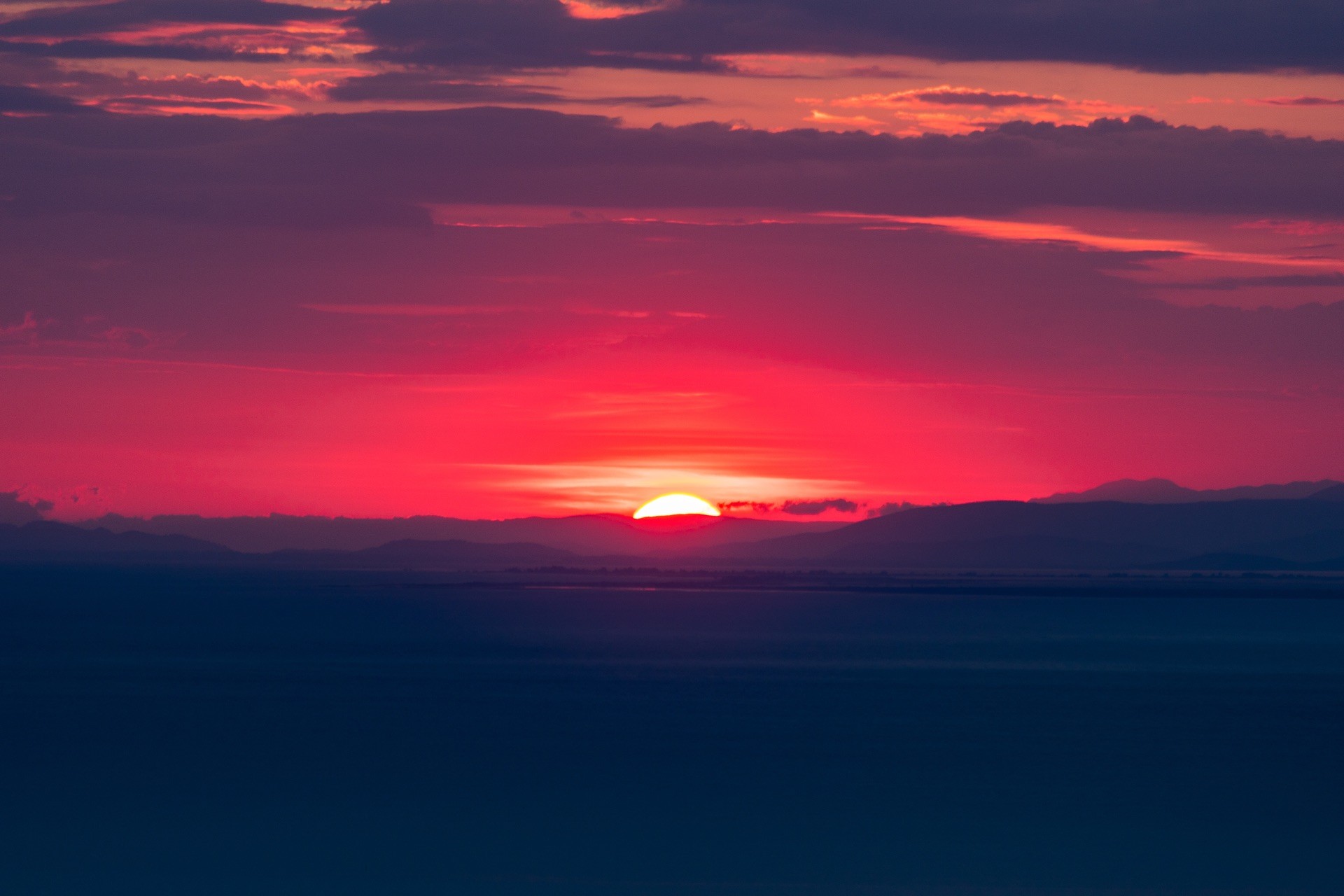
NEW SOUTH WALES
Muslim Cemetery Trust Rookwood
To arrange burial & other urgent requests please call 1300 854 628 Any other inquiries please use the following contact information.
Phone: 02 9763 2955
Email: info@mctrookwood.org.au
Postal: PO Box 6051, Lakemba NSW 2195
Castle Hill Cemetery
Address: Tuckwell Rd near Ashmead Ave, Castle Hill
Phone: 02 9843 0126
Riverstone Cemetery
Address: 62 Flushcombe Rd, Blacktown NSW 2148
Phone: 02 9839 6000
Email: council@blacktown.nsw.gov.au
‘An-Nur’ Islamic Cemetery & Burial Ground Lebanese Muslim Association
Address: 84 Wangee Rd, Lakemba NSW 2195 Postal address: P.O.box 297 Lakemba NSW 2195
Phone: (02) 9750 6833
Email: info@lma.org.au
QUEENSLAND
Mount Gravatt Cemetery and Crematorium
Address: 582 Mains Rd, Macgregor
Phone: (07) 3403 7765
SOUTH AUSTRALIA
Adelaide Cemeteries Authority
Address: Enfield Memorial Park, Browning St, Clearview SA 5085
Phone: (08) 8139 7400
VICTORIA
Fawkner Memorial Park
Address: 1187 Sydney Rd, Fawkner VIC 3060
Phone: (03) 9355 3100
WESTERN AUSTRALIA
Broome Cemetery
Address: Frederick St, Cable Beach WA
Phone: (08) 9191 3456
Guildford Cemetery
Address: Kalamunda Rd, South Guildford WA
Phone: 1300 793 109
Checklist for Washing & Shrouding the Deceased
(Appendix 3)
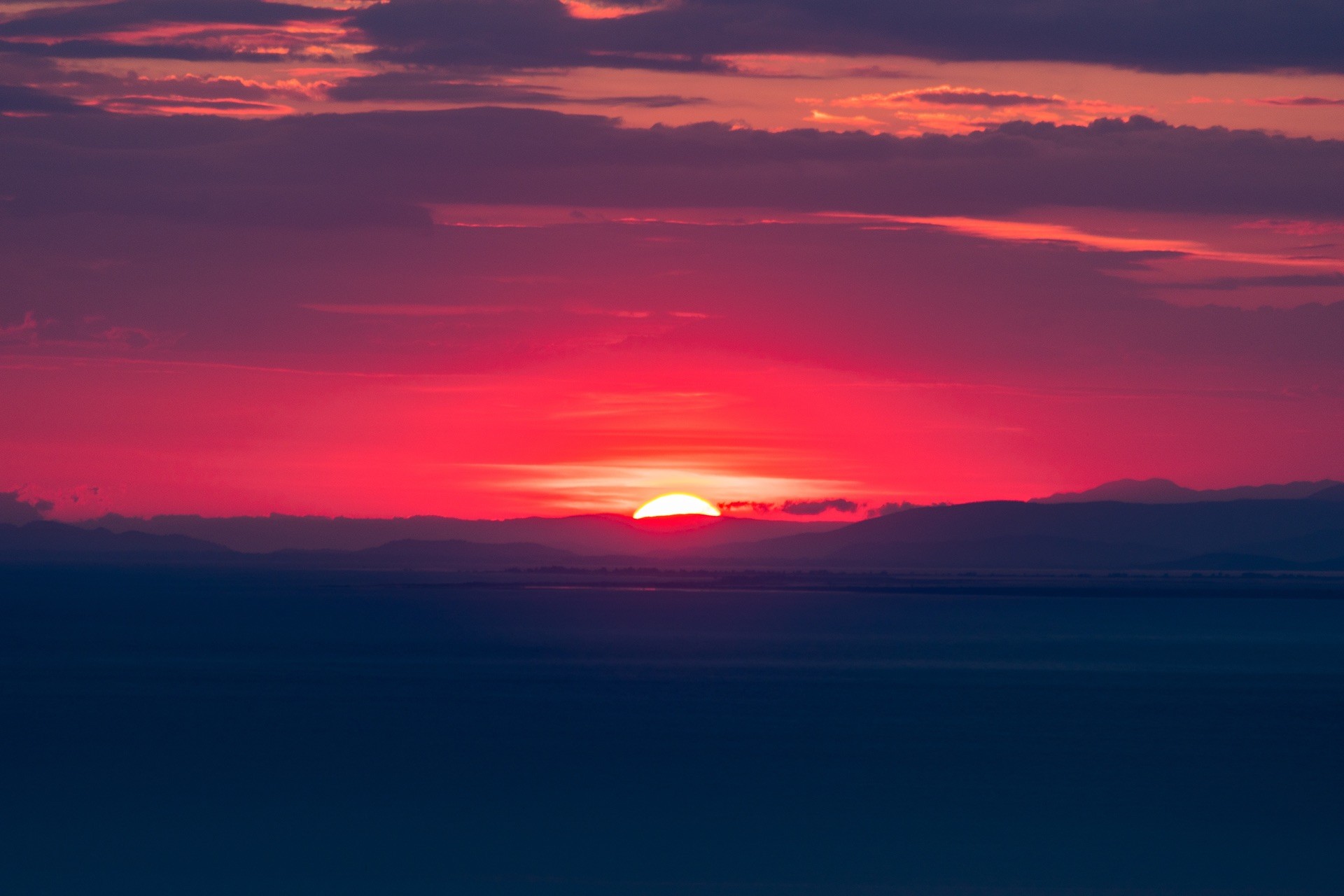
1. 5 pieces of clean sheets, preferably white material, cut into the required lengths (see below “Shrouding”).
2. Approximately 14 metres of material required.
3. 5 wraps for a woman.
4. 3 wraps for a man.
5. 3 thin strips of cotton for tying the shroud. One long enough to go round the middle of the body and two shorter ones to secure the ends of the shroud.
6. 2 pieces of thicker material of any dark colour to cover the body while washing - towelling material is recommended. Each sheet should be at least one metre squared.
7. 2 large clean towels for drying the body. These should preferably not be new, as towels that have been washed absorb moisture better.
8. 2 pairs of strong rubber gloves.
9. A box of disposable surgical gloves.
10. Cotton wool and Shampoo.
11. Soap and liquid soap in a dispenser.
12. Nail polish remover, if required.
13. 2 pairs of scissors and Masking tape.
14. Camphor and a non alcoholic form of perfume.
15. Bin bags for disposing of rubbish and for taking soiled material and towels to be washed.
16. Jug and a large bucket.
The Method of Washing
• It is recommended that at least four people be present to help bathe and carry the body (6 ladies in the case of a female death)
• Washing will normally take place at the undertaker’s premises, or at the Masjid where facilities are available.
• The Imam of the Masjid or experienced washing staff will usually be available to guide the washing and shrouding (Kafn) of the deceased.
• Only women should wash female bodies and men should wash male bodies. It is allowed for a wife to wash the body of her husband and vice versa. A woman may also wash the body of a young (minor) boy.
• A woman may not wash a dead body if she has menstrual bleeding or bleeding after the birth of a child, as washing the body is considered an act of worship. She may however, assist the washer without touching the body or observe for the benefit of learning.
• The dead body should be handled very gently. Hard rubbing must be avoided.
• The people who are performing the washing must be in the state of Wudhu.
• During Ghusl, it is permissible to place the body in one of the following two positions:
1. Having the legs facing the Qiblah
2. Having the right shoulder and side towards the Qiblah
• Everyone should be wearing rubber gloves or disposable gloves.
• The washer should utter his/her intention to wash the body mentioning the name of the person.
• All those assisting should help to lift the body carefully and gently onto the washing table. At the same time someone should hold the head and the feet.
• All present should keep reciting:

ALLĀHUM-MAGHFIR LAHŪ (FOR MALE)
O Allah forgive him or her.

ALLĀHUM-MAGHFIR LAHĀ (FOR FEMALE)
O Allah forgive her.
• One person should hold the head of the deceased firmly but gently from each side for the rest of the process. This is to avoid the possibility of breaking the neck (this job should be given to a relative who may not feel confident to assist in the washing).
• The washer should begin covering the body from the neck to the ankles with one of the thick sheets.
• Four people should hold the sheet slightly raised from the body, in order to allow the washer and his/her assistants to work unhampered.
• Intravenous drips, catheters etc. should be removed. If the tubes cannot be fully removed, then cut as near to the skin as possible. This is likely to cause bleeding, so place a small pad of cotton wool over the wound or tube and secure it with masking tape. Also remove any dentures.
• Remove any nail polish with cotton wool and nail polish remover.
• Cut away any hospital clothes and discard.
• Make sure all the equipment is ready and that the water in the shower is warm. If using a jug, mix the water to the correct temperature in
a large bucket.
• The person washing should then press the stomach of the deceased firmly but gently and clean the excreta with wet cotton wool.
• If the person died recently, the head and shoulders can be slightly raised while the stomach is pressed to assist the evacuation of any waste materials. However extreme caution should be taken, especially in the cases of death during childbirth or during an operation, as this can cause excessive bleeding from the mouth. If the body has been in cold storage, then there is no point in carrying out this procedure.
• The body should then be tilted to the left side and the area of the back passage should be similarly cleaned with flowing water.
• The washer should perform Wudhu (abultion) for the deceased, i.e. wash the hands and arms, three times starting with the right. Then wash the face 3 times, then wipe over the hair from the forehead backwards. Then finish by washing the right foot to the ankle and then the left foot to the ankle. The mouth and nose are washed three times, only if the deceased was in a state of ritual impurity that would have obliged them to make ghusl (ritual bath) before praying. (i.e. if the deceased was menstruating)
• This can be done with small pieces of wet cotton wool which are then discarded.
• At this point, it is a good idea to place thick pads of clean dry wool over the eyes, mouth, ears and nose. This is to prevent excess water running in during the main washing.
• Next, wash the hair with water and shampoo. According to the Sunnah, for females if the hair is braided it should be undone, washed and then parted into half and brought forward to the front. If a headrest is available this should be used during the washing of the hair. Otherwise two people can support the shoulders.
• It is advisable to wash the neck at the same time, this is to limit the number of times the body is moved.
• The washer should soap and wash the front of the body (excess movement should be avoided throughout the process).
• This should be done quickly without staring at any exposed part of the body. Always ensure that the water is flowing away from the body and is not accumulating underneath it at any point.
• The body should be tilted to the left to soap and wash the right side of the back, and then tilted to the right to soap and wash the left side of the back.
• While tilting the body, again check for any discharge of excretion, wash the area thoroughly with plenty of water if any is found.
• If there are any tubes or wounds that have been covered with cotton wool, remove the soiled cotton wool, wash the area quickly and tape a fresh pad over the wound.
• The whole body should then be rinsed with clear, warm water leaving no trace of impurities or soap.
• The body should be rinsed an odd number of times, the preference being given to three, five or seven according to the Sunnah. There is no harm if members of the family wish to help with the rinsing.
• The last rinse should be using camphor which may be dissolved in warm water in a bucket.
• The body should then be dried. One towel should be draped around the head in order to dry the hair. The second towel should be used to dry the body on the front sides. At the same time, the wet sheet should be removed and a clean, dry sheet should be placed over the body. All this should be done without exposing the private parts of the body. For example, two people should hold the wet sheet slightly raised from the body, the towel is then used to dry the body. As the towel is taken down the body, two more people follow with the rolled up dry sheet, gradually enfolding it as they go.
• The body is tilted to the left side and the towel is placed underneath and tucked as far under as possible. The body is then tilted to the right side and the towel drawn through. It is useful at this point for someone to quickly wipe the table with paper towels to take up the excess moisture (this only applies when the table is not equipped
with straps or rollers, which raise the body slightly from the surface).
• Finally, the body should be perfumed an odd number of times, preferably three according to the Sunnah. A non-alcoholic form of perfume should be used. Camphor can be put on the body.
• The table is then wheeled next to the coffin which should be on a table of similar height. The shroud should already be laid out in the correct order in the coffin as mentioned in the following sections.
• Then everyone present should help to lift the body gently and carefully as possible into the coffin. One person still remains holding the head and another should be at the feet. Then several people stand on the far side of the coffin to receive the body and several next to the table to lift the body. The body is carefully raised and passed over, and then lowered into the coffin.
• The towel underneath should be kept in place until the body is in the coffin. The body should be tilted to the side, rolling the towel up and then sliding it out.
• The body is then shrouded as described in the method for shrouding.
Taking a Shower after Bathing the Deceased
For a person who bathes the body of the deceased, it is desirable (Mustahab) that he/she themselves take a bath once this process is over according to a narration from the blessed Companion, Abu Hurayrah (ra) The Holy Prophet (saw) said:
“The person who bathes the deceased should himself take a bath”. [Ibn Majah]
Purchasing the Shroud
A shroud should be of good quality but not extravagantly expensive. It is not permitted for a man or woman to be buried in a silk shroud as this is extravagance. The shroud or its price should come from the wealth
of the deceased, even if that is the only wealth he or she has. If there is no money the responsibility then falls on the guardian, then the public treasury, and then the individual Muslims of the family in the order of closeness to the deceased.
NOTE: This is usually provided by the funeral service as part of the funeral costs.
Preferable Practices in Shrouding
The shroud should be pleasant, clean and large enough to cover the entire body. Twenty metres of material will be needed for the shroud as some wraps need to be doubled in width to make them wide enough for wrapping.
A shroud should be white, as this was the practice of our beloved Prophet (saw) and should be scented and perfumed. The shroud should be 3 wraps for a man and 5 wraps for a woman.
Woman’s Shroud
1. Material: Lifafah - Outer sheet (Length 2.4m by Width 1.5m)
2. Material: Sina’band (Chest wrap) (Length 2.1m by Width 1.5m)
3. Material: Izar / Loin Cloth (Length 2.1m by Width 1.5m)
4. Material: Qamis / Kurta or Shirt (Length 1.5m by Width 1.2/1.5m)
Fold in half and from the centre, make a T shaped cut for the neck front region without sleeves.
5. Material: Orhni / Scarf (Length 1.2m by Width 0.6m)
6. 3 x strips of cotton material for keeping the shroud in place
Men’s Shroud
(sizes same as above) It has a:
1. Lifafah outer sheet
2. Qamis / Shirt
3. Izar / loin cloth
NOTE: If a pilgrim dies, he is to be washed in the same way any non- pilgrim is washed, but he should be shrouded in his Ihram. His head should not be covered, nor should any perfume be applied to his body, because the restrictions of Ihram still apply to him.
HOW TO LAY THE DEAD IN THE KAFN (SHROUD)
The method of shrouding
1. Place three thin strips of cotton material for tying the shroud tape them outside the coffin to keep them in position. The stripes must be placed - one near the head, one in the middle and one near the feet.
2. Spread the Lifafah outer sheet in the coffin.
3. Spread the Sina’band / chest piece from the shoulder position.
4. Spread Izar from the feet and upwards.
5. Spread the back of the Qamis / shirt and roll up the front, keeping it near head end (From neck down to feet).
6. Leave the Orhni / scarf on one side which will be put on last.
Order of Male Kafn
1. Qamis
2. Izar
3. Lifafah
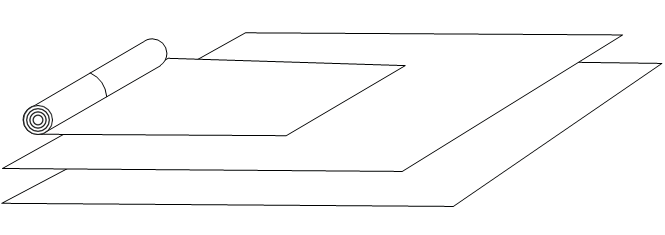
Order of Female Kafn
1. Orhni (not shown)
2. Qamis
3. Izar
4. Sina’band
5. Lifafah
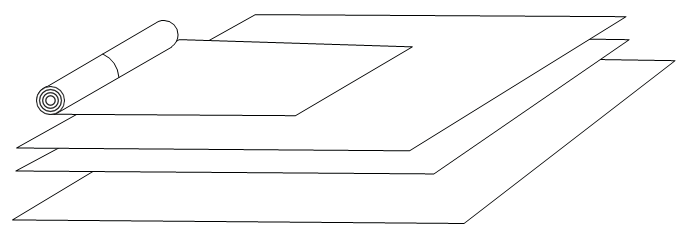
How Qamis should be Cut and Folded
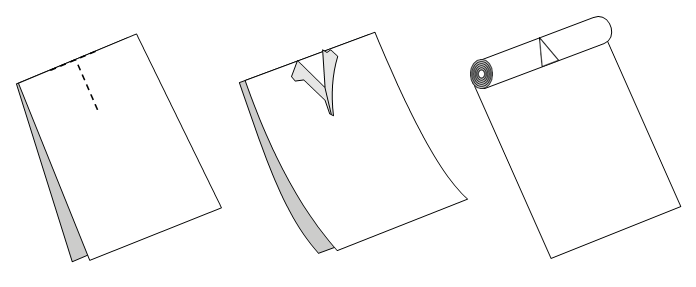
How the Kafn should be put on
1. Lower the body gently on to the Kafn / shroud. Cover the top part of the body up to the calves with the folded portion of Qamis.
2. Remove the sheet used for covering the body.
3. Rub camphor mixture on places of Sajdah: forehead, nose, both palms, knees and forefeet.
4. The hair should be divided into 2 parts and put onto the right and left shoulder over Qamis.
5. Cover the head and hair with Orhni/scarf. Do not fasten, but tuck in properly.
6. Fold the Izar the left flap first and then the right over the Qamis and scarf.
7. Now close the Sina’band (chest cover) in the same manner as above.
8. Close the Lifafah: the left flap first then the right.
9. Lastly fasten the ends of the Lifafah at the head-side, then the
feet and then around the middle with the strips of cloth. This is to keep the complete Kafn in place.
Prohibited Articles in the Kafn
1. It is prohibited to enclose any charter, verses of the Holy Qur’an or any Du`a in the Kafn.
2. It is forbidden to write the Shahadah, or any other Du`a on the Kafn or chest of the dead person.
What to do after the Kafn
With the completion of the washing and the Kafn, the deceased person is ready for the burial. The Janazah Salaah (funeral prayer) should be arranged without delay.
Rasulullah (saw) has said, “If a person passes away, hasten him to his grave and do not keep him away”. The Janazah Salaah must be arranged quickly and the deceased should be buried in the nearest Muslim graveyard (cemetery).
To transport the body over long distances is undesirable. It is also Makruh to delay the Janazah Salaah and wait for the late comers to increase the congregation.
IMPORTANT
It is ONLY permissible for the Mahram woman folk of the deceased male to see his face. They are his wife, mother, grandmothers, sisters, aunts, daughters and granddaughters. The Shariah does not allow any other woman to view the face of the deceased male. Similarly only the Mahram males should view the face of the deceased female.
In both cases of the male and female deceased, the face of the dead person should not be kept open after the Kafn is put on. The Quran may be recited next to the body before the Janazah is carried away.
How the Kabr (Grave) Should be Filled & Shaped
(Appendix 4)
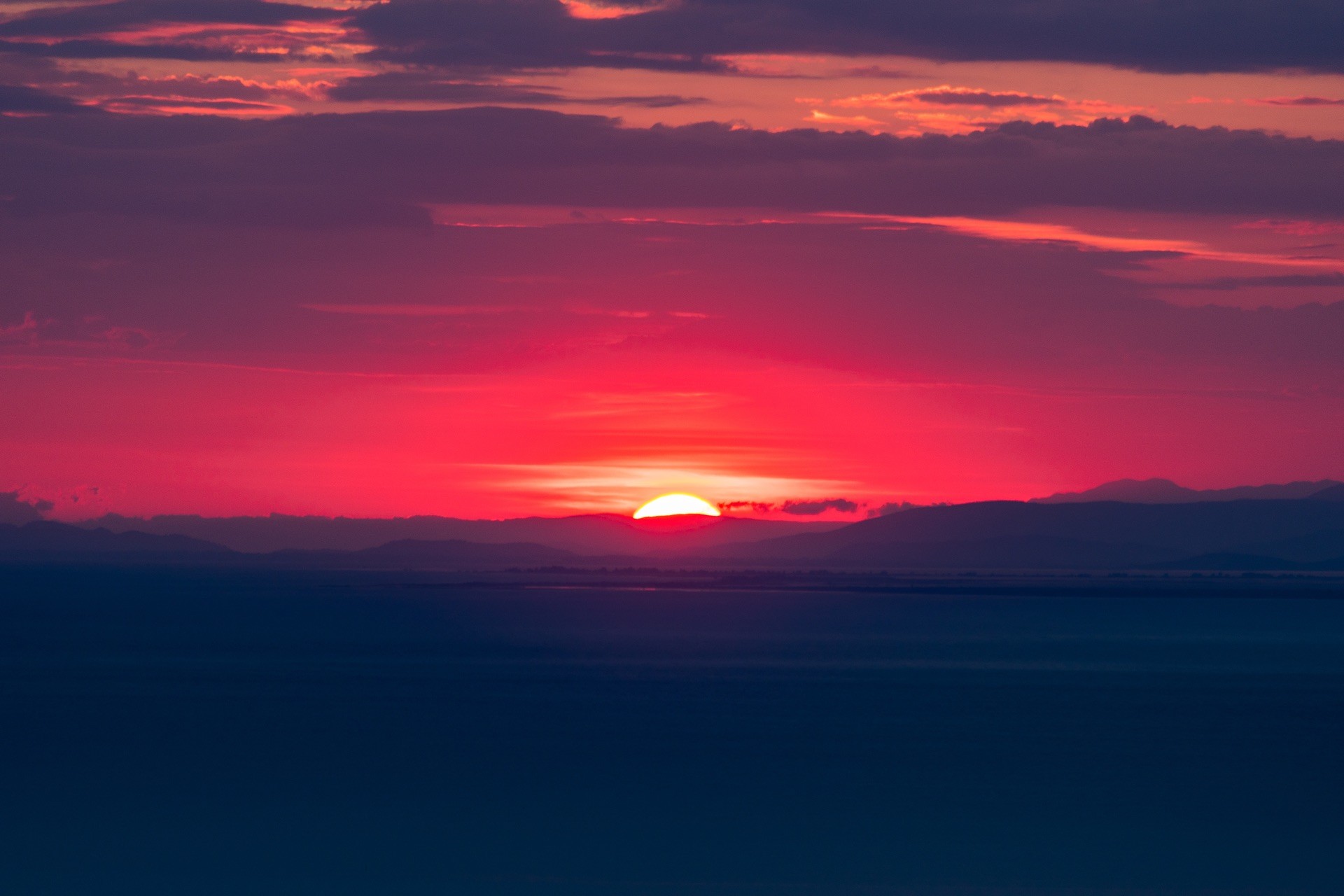
1. It is Mustahab to begin closing the recess or trench from the leg
side for males and from the head side for females. All the remaining little openings should be closed with mud or grass. The use of any fabric or blankets is unnecessary and wasteful. All those present should participate to fill the kabr with at least three handfuls of soil. When throwing the first handful in the grave recite:

MINHĀ KHALAQ NĀKUM
From the earth did We create you.
During the second handful:

WA FIHĀ NU’IDUKUM
and into it shall We return you.
At the time of the third handful:

WA MINHĀ NUKHRIJUKUM TĀRATAN UKHRĀ
and from it shall We bring you out once again.
2. It is Makruh to add more soil to the kabr than that which was dug out from it.
3. The shape of the kabr when filled should be like the hump of a camel. The height should be approximately 25 to 30 cm. It should not be made square or into any other shape. All types of buildings and enclosures on or around the kabr are not permissible. Buildings on the kabr have been emphatically denounced in the hadith of Rasulullah (saw).
4. a) THE LAHD: Where the ground and sides of the Kabr are firm, then a recess should be dug on the Qiblah side to allow placing the body in the recess. Unbaked bricks should preferably be used to close the recess, and made to fit neatly.
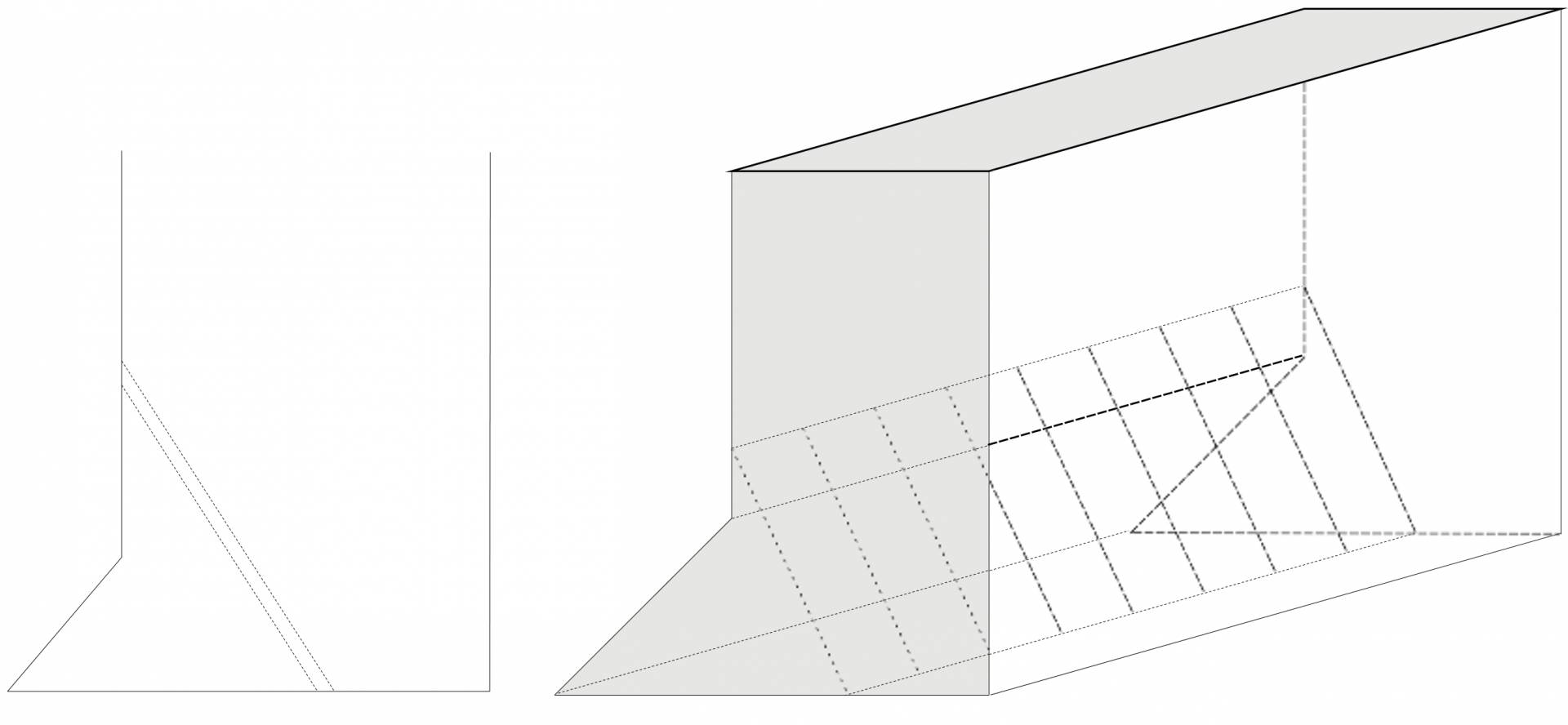
Section and View of LAHD Type Kabr
b) THE SHIQ: Where the soft nature of the ground does not allow a Lahd to be made, then a shallow trench should be dug in the centre at the bottom of the Kabr to allow the body to be placed in this trench. Timber may be used to cover this. The use of any fabrics, blankets etc, is undesirable and wasteful. The bamboo or planks must be cut to size and set to fit properly in the grave before burial, to avoid last minute inconvenience.
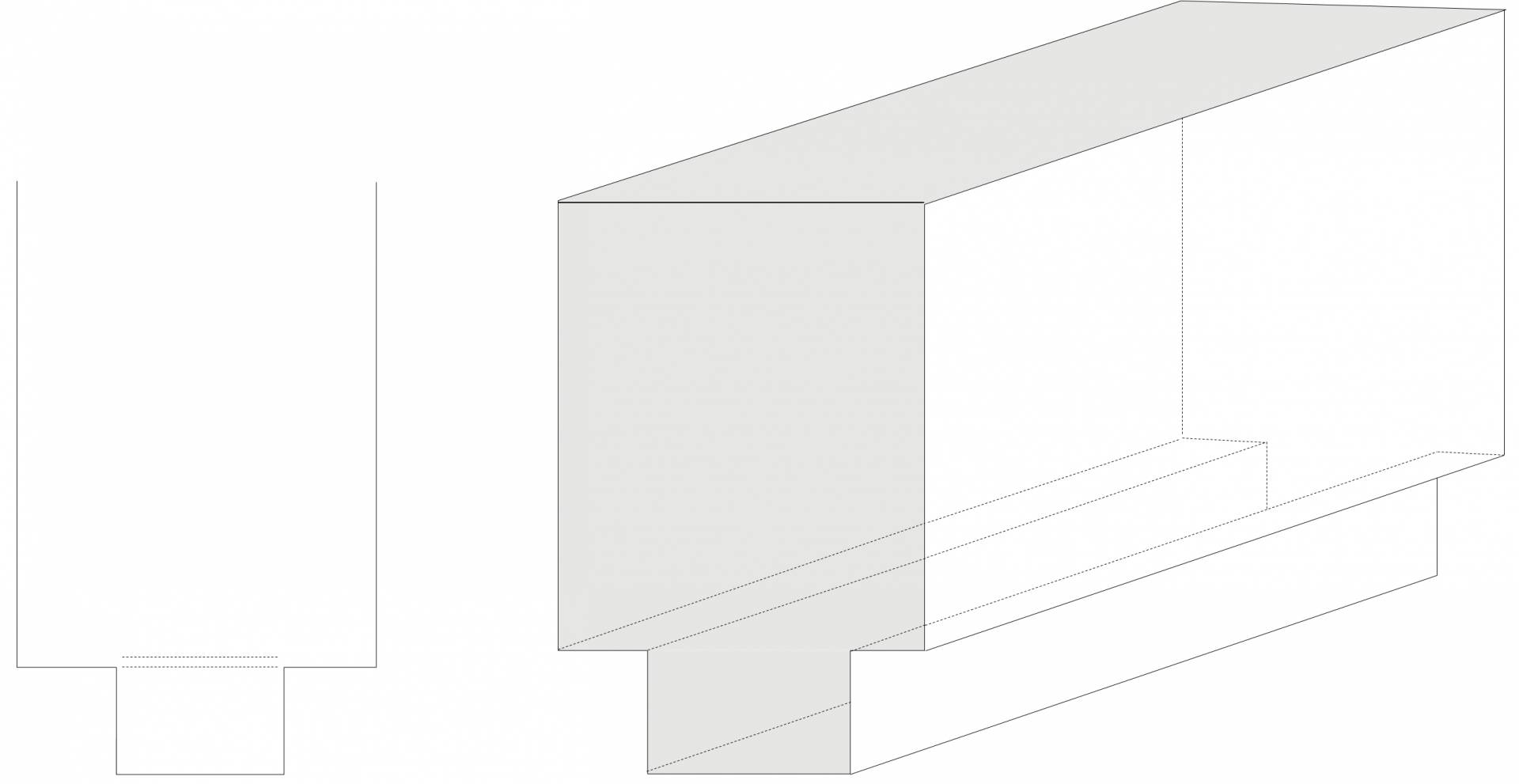
Section and View of SHIQ Type Kabr
NOTE: It is Makruh (undesirable) to dig out and prepare one’s own grave during one’s lifetime.
5. It is Mustahab to sprinkle water on the grave from the head to the leg side thrice after the kabr has been shaped.
6. It has been related by Uthman (ra) that after Rasulullah (saw) buried the dead, he paused and said, “Beseech forgiveness from Allah (swt) for your brother and make Du`a for his steadfastness because he is going to be questioned now by Munkar and Nakeer.”
7. After the burial the first part of Suratul Baqarah should be recited at the head side of the Kabr, and the last part of Suratul Baqarah should be recited to the leg side:
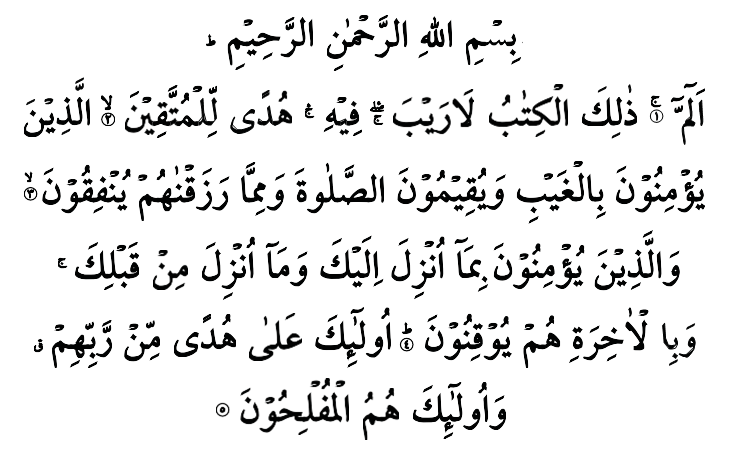
BISMILLĀHIR-RAHMĀNIR-RAHIM
ALIF LĀM MĀM. DHĀLIKAL-KITABU LĀ RAYBA FIH. HUDAL-LIL MUTTAQIN
AL-LADHINA YU’MINŪNA BIL-GHAYBI WA YUQIMŪNAS-SALĀTA WA MIM-MĀ RAZAQNĀHUM YUNFIQŪN.
WAL-LADHINA YU’MINŪNA BIMĀ UNZILA ILAYKA WA MĀ UNZILA MIN QABLIKA WA BIL ĀKHIRATI HUM YŪ QINŪN. ULĀ’IKA `ALĀ HUDAM-MIR-RABBIHIM WA ULĀ’IKA HUMUL- MUFLIHŪN
In the name of Allah, Most Beneficent, Most Merciful.
Alif-Lam-Mim. This is the Book (the Qur’an), whereof there is no doubt, a guidance to those who are Al-Muttaqun
Who believe in the Ghaib and perform As-Salat, and spend out of what We have provided for them
And who believe in (the Qur’an and the Sunnah) which has been sent down (revealed) to you (Muhammad (saw)) and in that which were sent down before you (the Tawrat (Torah) and the Injil (Gospel)) and they believe with certainty in the Hereafter. They are on (true) guidance from their Lord, and they are the successful.
[Al Baqarah 1,5]
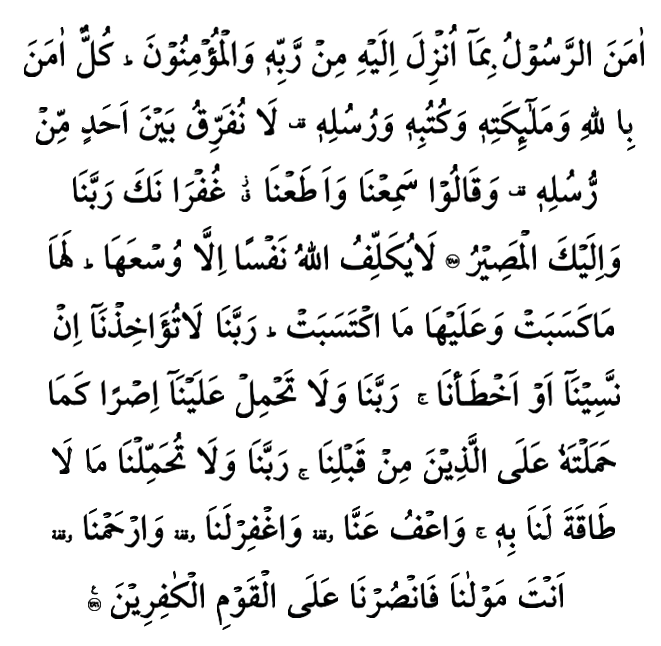
ĀMANAR-RASŪLU BIMĀ UNZILA ILAYHI MIR-RABBIHI WAL MU’MINŪN. KULLUN ĀMANA BILLĀHI WAMALĀ’IKATIHĀ WA KUTUBIHI WA RUSULIH. LĀ NUFARRIQU BAYNA AHADIM MIR RUSULIH.
WA QĀLŪ SAMI`NĀ WA AṬA`NĀ GHUFRĀNAKA RABBANĀ WA ILAYKAL MASIR.
LĀ YUKALLIFUL-LĀHU NAFSAN ILLĀ WUS`AHĀ. LAHĀ MĀ KASABAT WA `ALAYHĀ MAKTASABAT.
RABBANĀ LĀ TU’ĀKHIDHNĀ IN-NASINĀ AW AKHṬA’NĀ RABBANĀ WA LĀ TAHMIL `ALAYNĀ ISRAN KA MĀ HAMALTAHŪ `ALAL- LADHINA MIN QABLINĀ RABBANĀ WA LĀ TUHAMMILNĀ MĀ LĀ ṬĀQATALANĀ BIH. WA`FU `ANNĀ WAGHFIR LANĀ WARHAMNĀ ANTA MAWLĀNĀ FANSURNĀ `ALAL-QAWMIL-KĀFIRIN
The Messenger (saw) believes in what has been sent down to him from his Lord, and (so do) the believers. Each one believes in Allah, His Angels, His Books, and His Messengers. They say, “We make no distinction between one another of His Messengers” - and they say, “We hear, and we obey. (We seek) Your Forgiveness, our Lord, and to You is the return (of all).”
Allah burdens not a person beyond his scope. He gets reward for that (good) which he has earned, and he is punished for that (evil) which he has earned. “Our Lord! Punish us not if we forget or fall into error, Our Lord! Lay not on us a burden like that which You did lay on those before us; our Lord! Put not on us a burden greater than we have strength to bear. Pardon us and grant us Forgiveness. Have mercy on us. You are our Maula (Patron, Supporter and Protector, etc.) and give us victory over the disbelieving people.”
[Al Baqarah 285,286]
Assistance from Australian Government Departments
(Appendix 5)
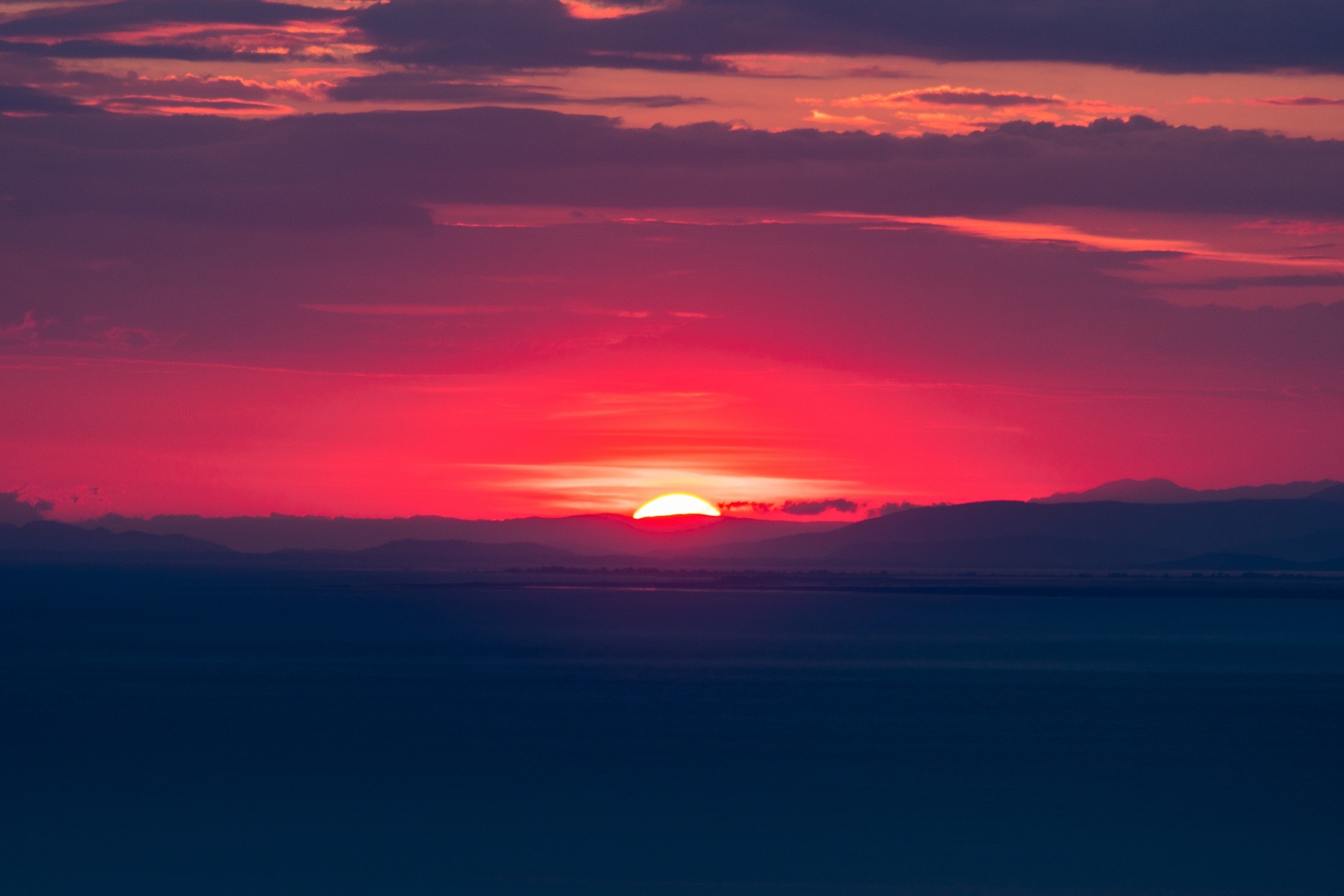
For those that are eligible the Australian Government provides payments and services to help after the death of a loved one. At time of printing these included:
Bereavement Allowance - Bereavement Allowance is a short-term income- support payment we pay to recently widowed people to help them adjust after the death of their partner.
Bereavement Payment - Bereavement Payment helps ease your adjustment to changed financial circumstances after the death of your partner, child or person you were caring for.
Double Orphan Pension - Double Orphan Pension provides help with the costs of caring for children who are orphans or who are unable to be cared for by their parents in certain circumstances. There is no income or assets test required.
Pension Bonus Bereavement Payment - Pension Bonus Bereavement Payment is a payment to the surviving partner of a deceased member of the Pension Bonus Scheme, who did not make a successful claim for the bonus before his or her death.
Widow Allowance - Widow Allowance ensures that women have an adequate income if they have become widowed, divorced or separated later in life.
This applies to those were born on or before 1 July 1955 and have no recent workforce experience.
Social Work Services - Social workers can help you during difficult times by providing confidential counselling, support, and information.
Financial Information Service - The Financial Information Service (FIS) is a free, confidential service available to all Australians. The Financial Information Service helps people make informed decisions about investment and financial issues for their current and future needs.
For more information visit www.humanservices.gov.au or your local Centerlink office.
